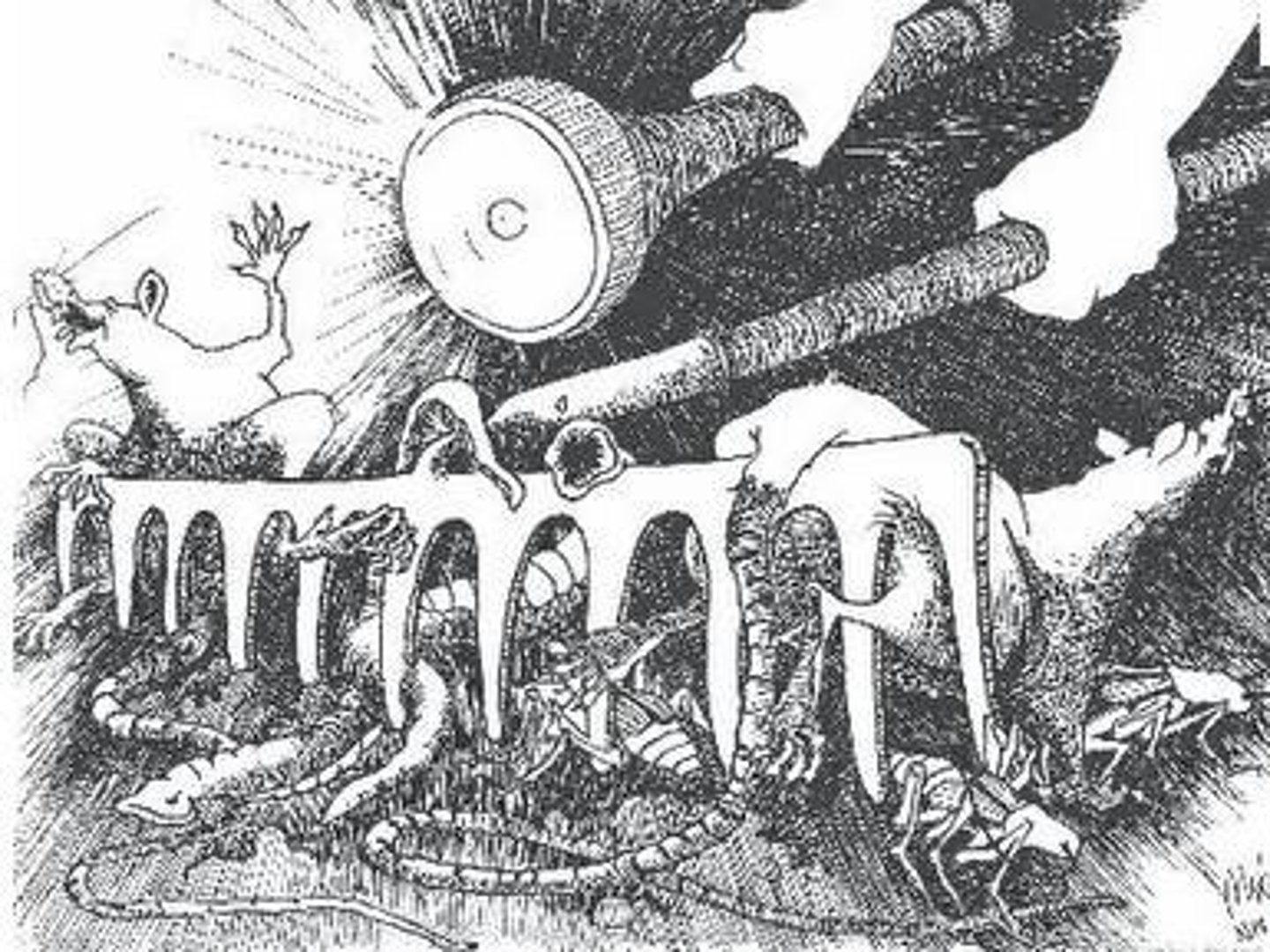Industrialization & Progressive US History Regents Review
1/32
There's no tags or description
Looks like no tags are added yet.
Name | Mastery | Learn | Test | Matching | Spaced | Call with Kai |
|---|
No analytics yet
Send a link to your students to track their progress
33 Terms
Trust
A group of corporations that unite in order to reduce competition and control prices in a business or an industry.
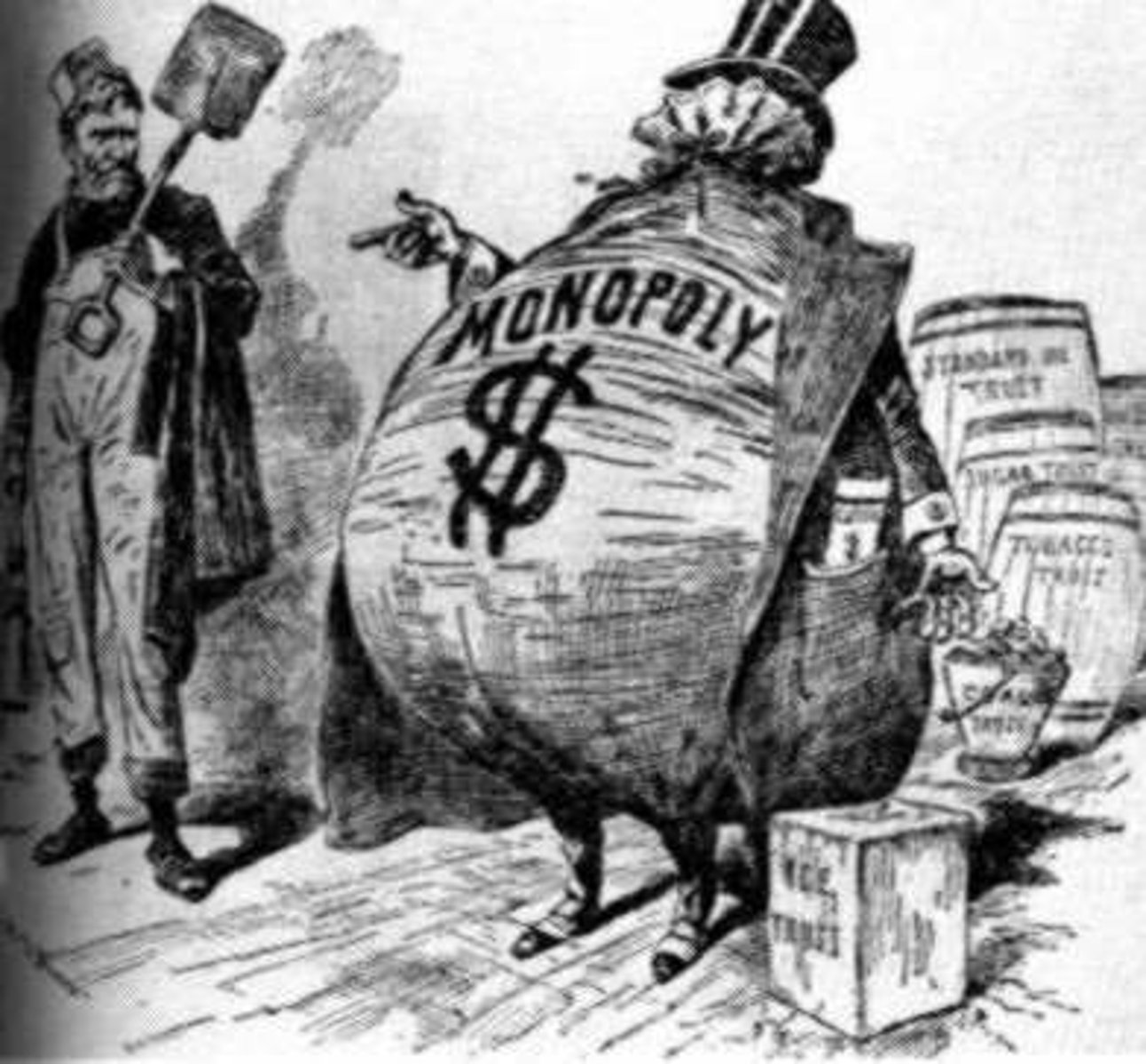
Industrialists
person whose wealth comes from the ownership of industrial businesses and who favors government policies that support industry
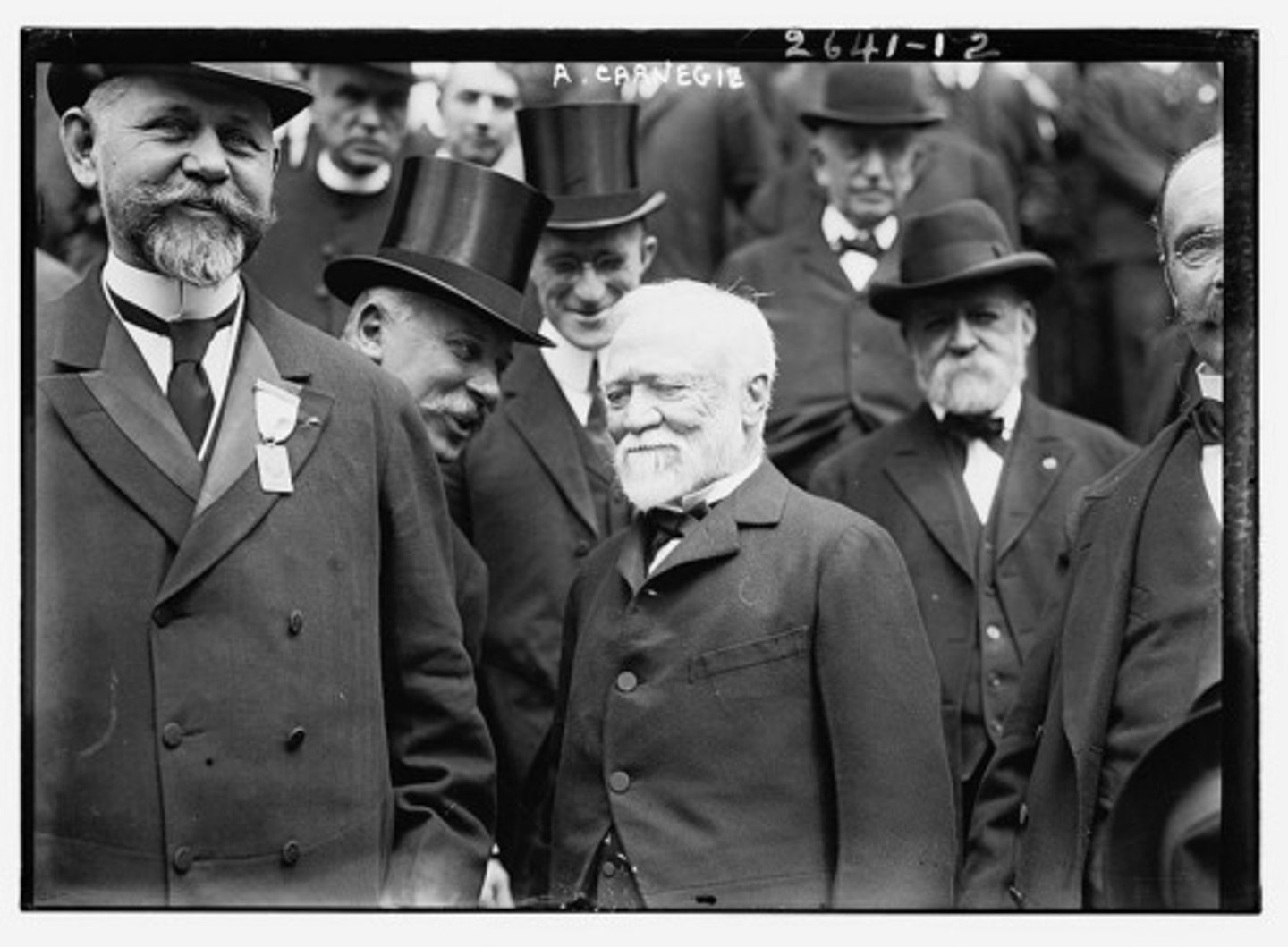
Robber Barons
Negative term used to describe large businessmen of the late 1800's because of the fact that they used ruthless practices to destroy competition and took advantage of workers.
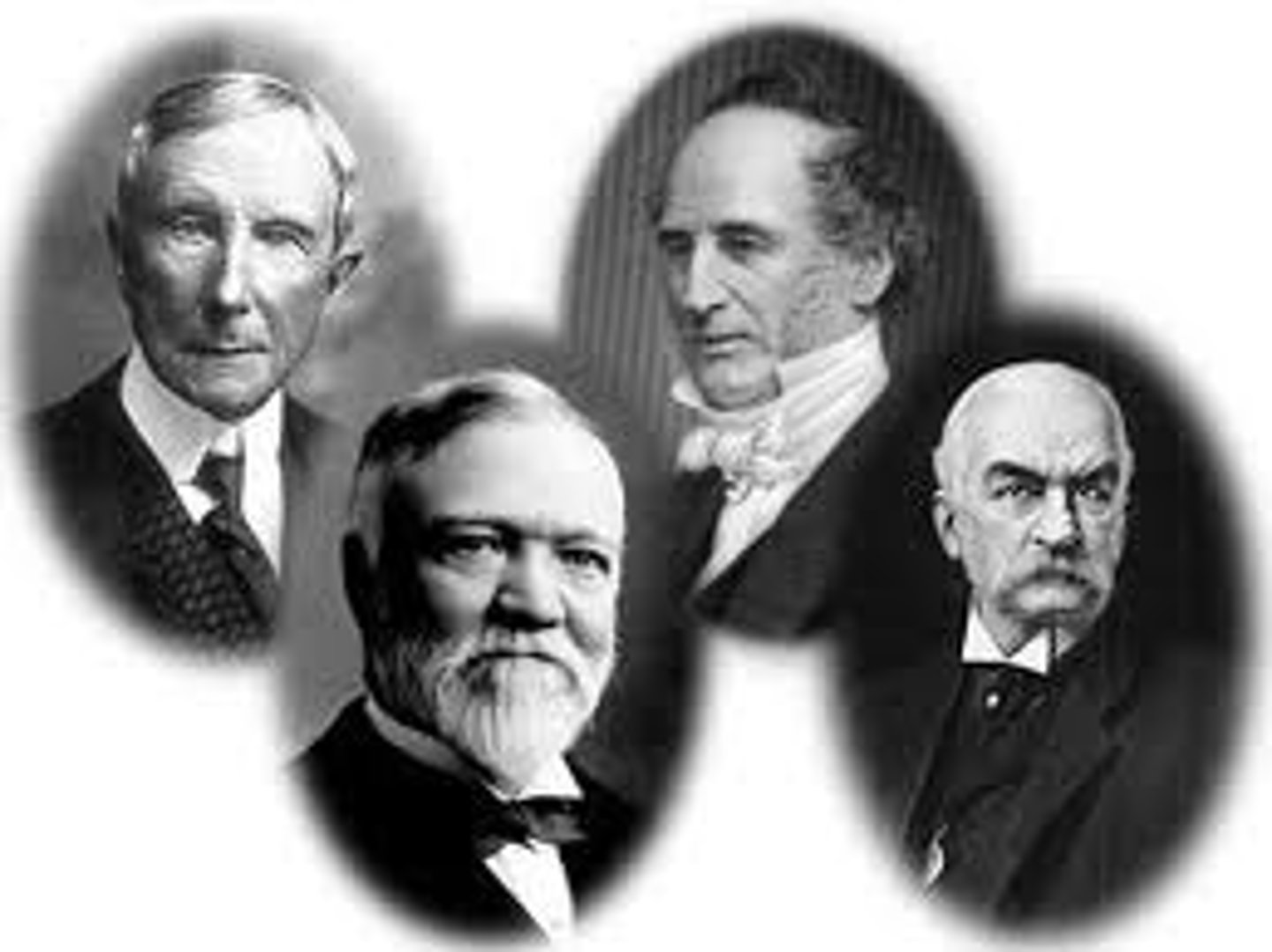
Captains of Industry
A name given company owners such as Carnegie and Rockefeller by people who believed they steered the economy into prosperity.
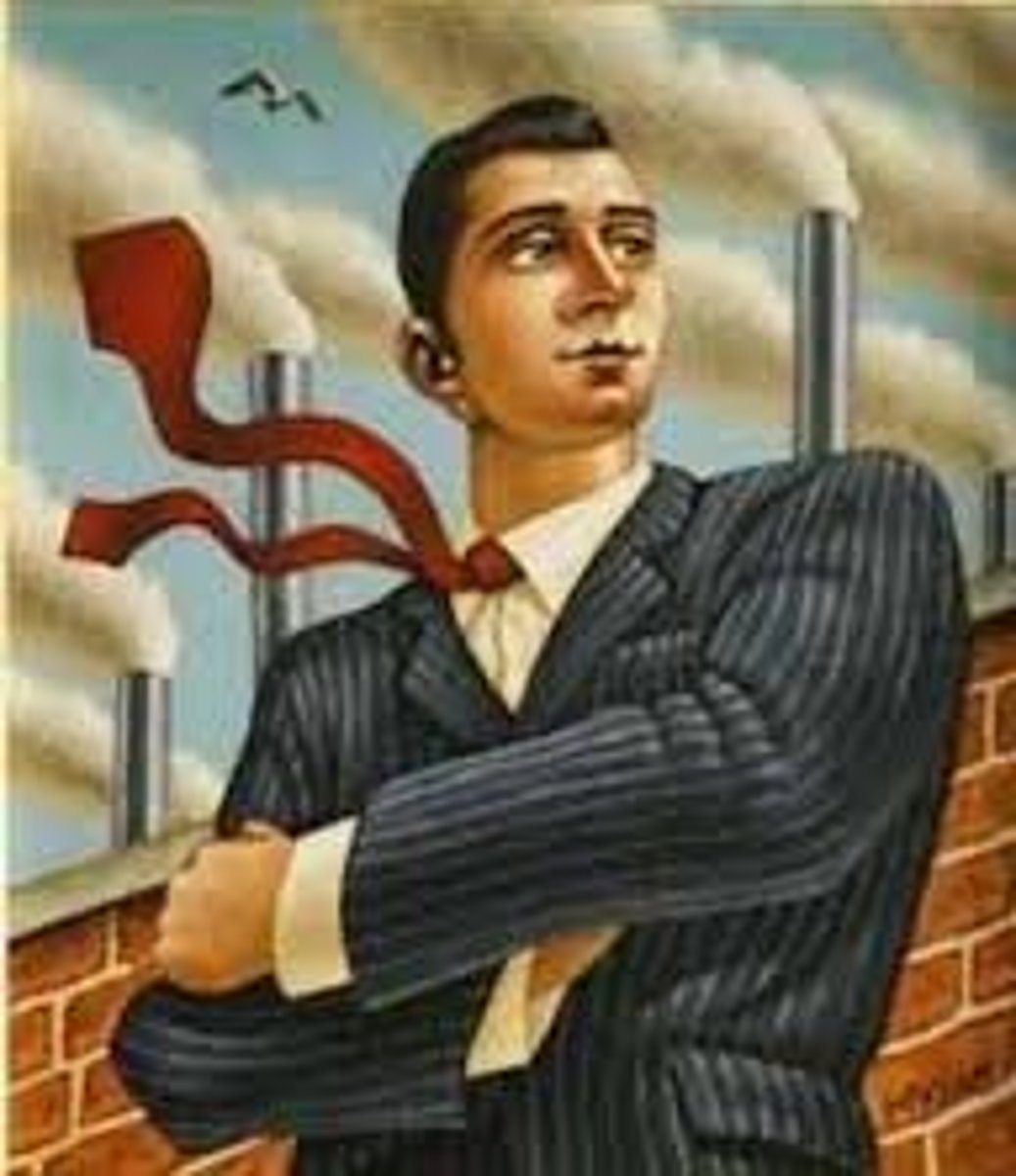
Railroads
Were essential to westward expansion because they made it easier to travel to and live in the west
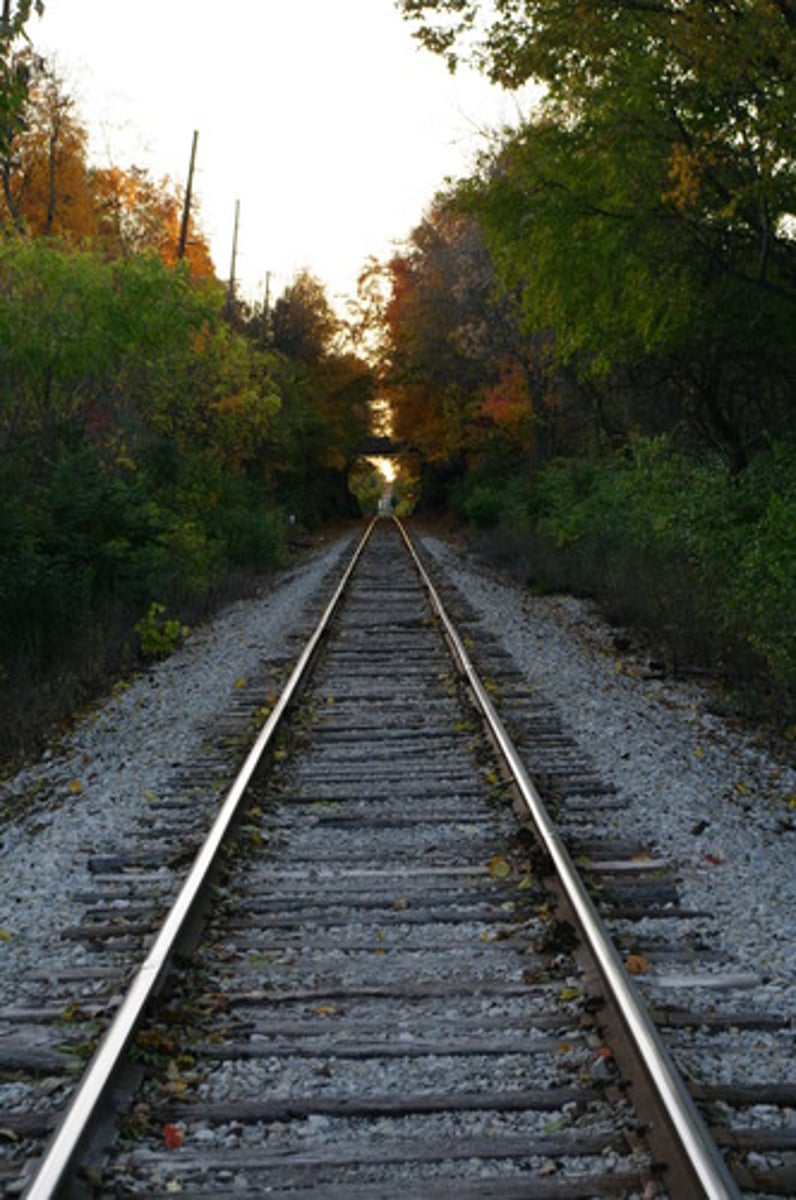
Rockefeller
Captain of industry that created a monopoly in oil refineries
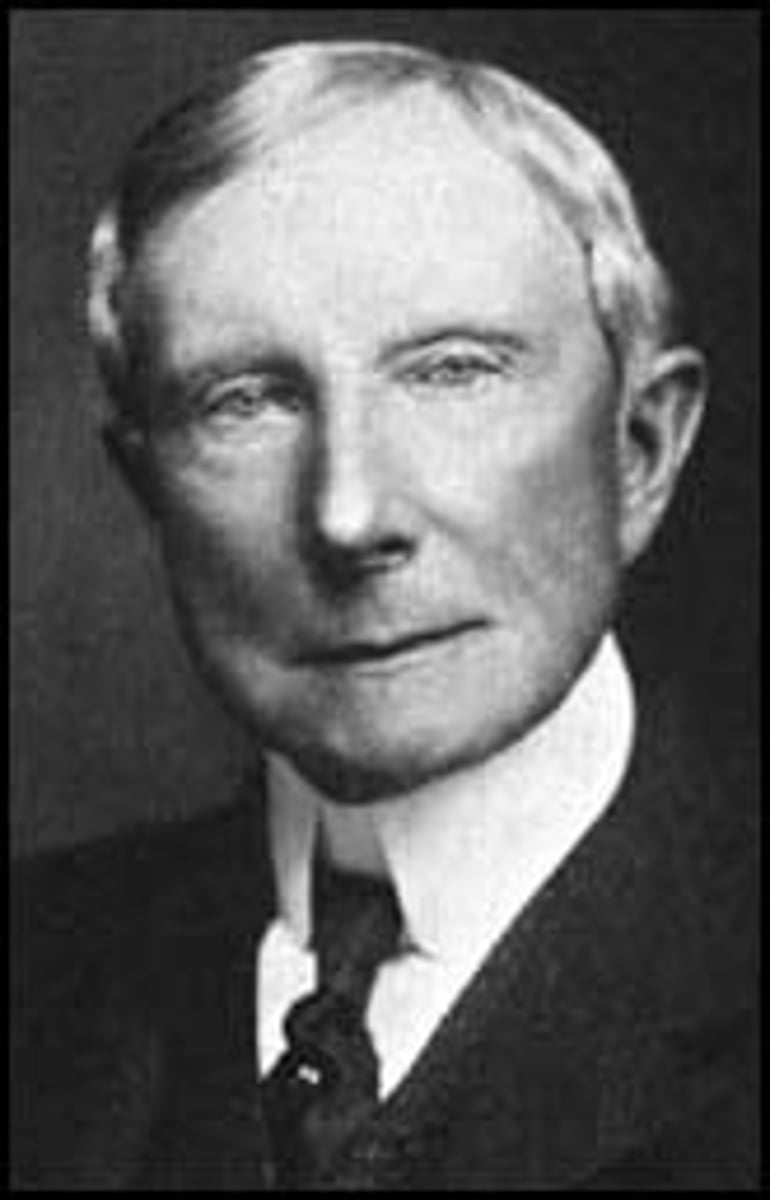
Carnegie
Captain of industry in charge of steel production
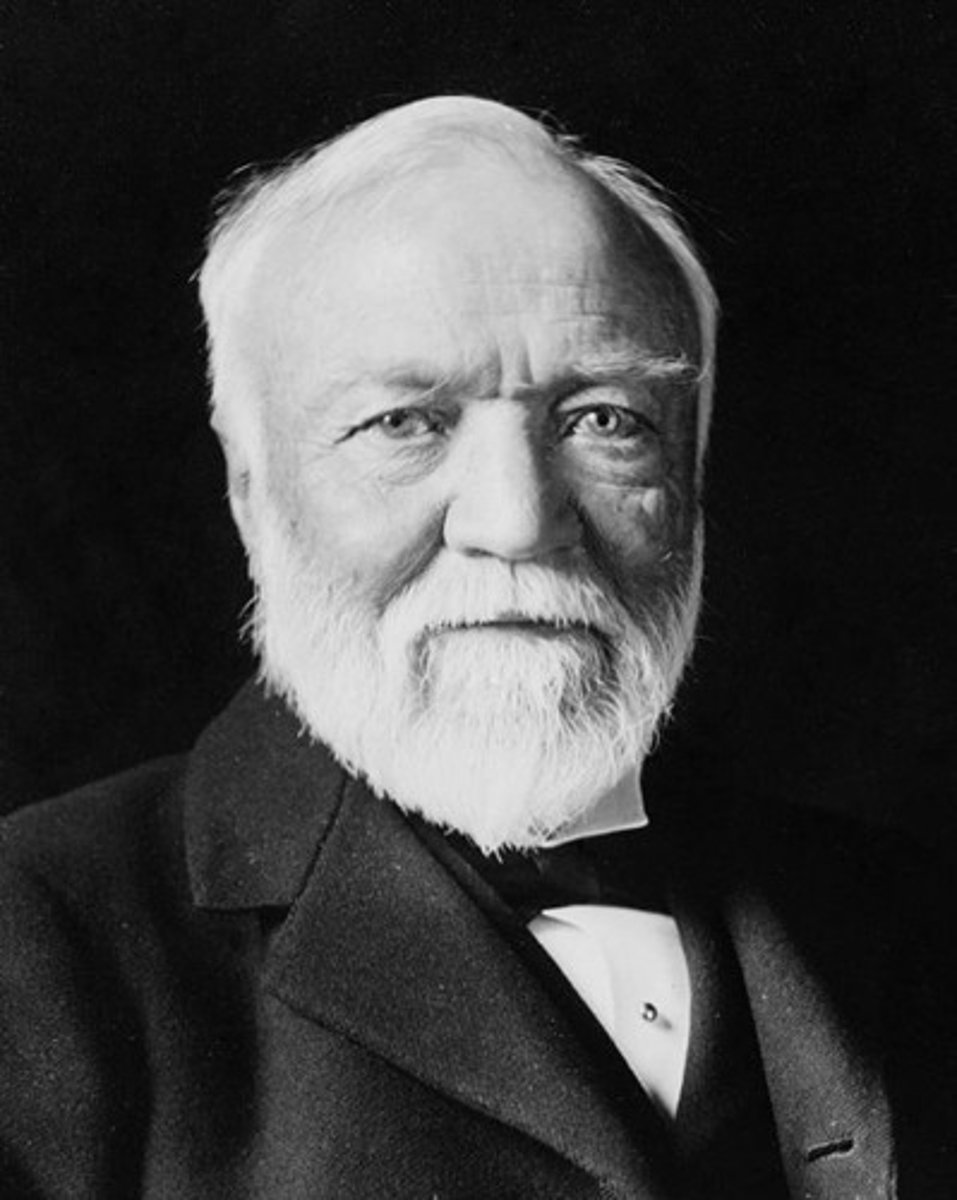
J P Morgan
Banker that controlled 2/3 of the rail roads and eventually merged into the steel industry. Bought Carnegies steel company and formed U S Steel Company.
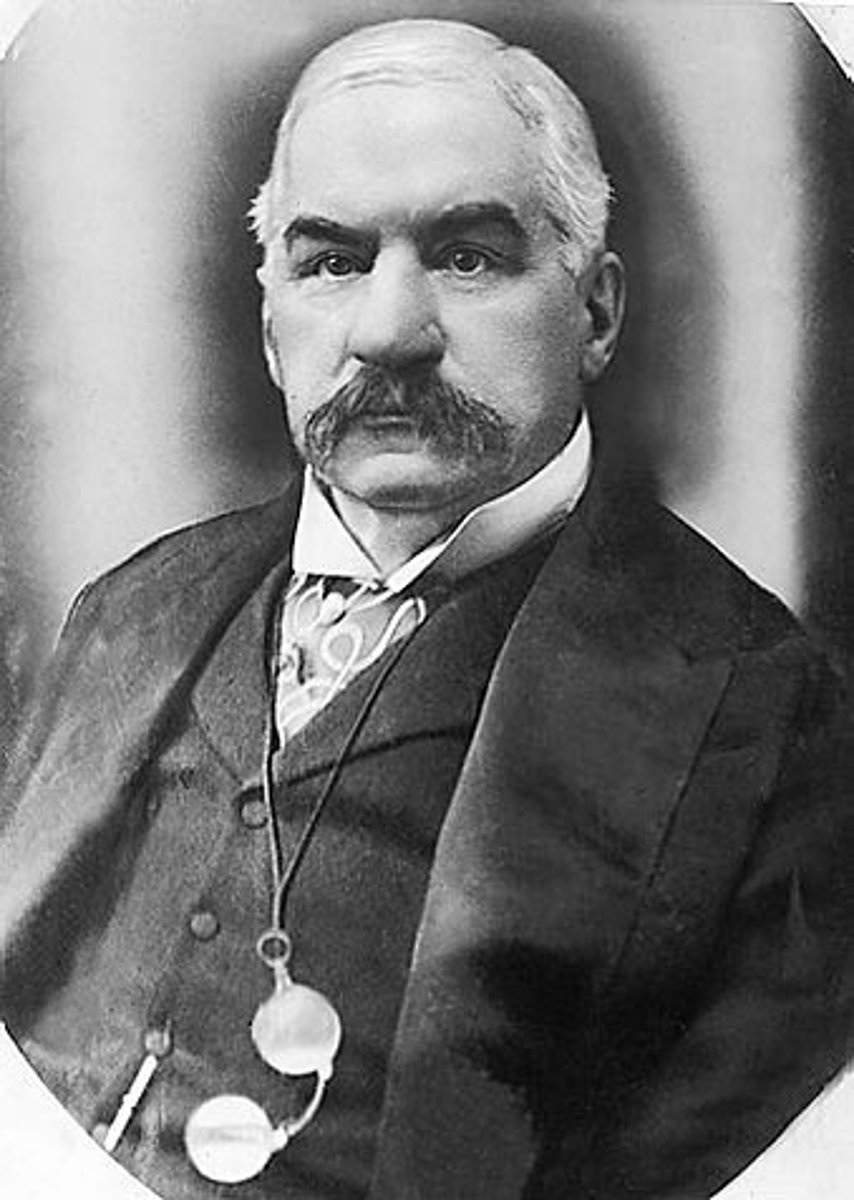
Social Darwinism
The belief that only the fittest survive in human political and economic struggle.
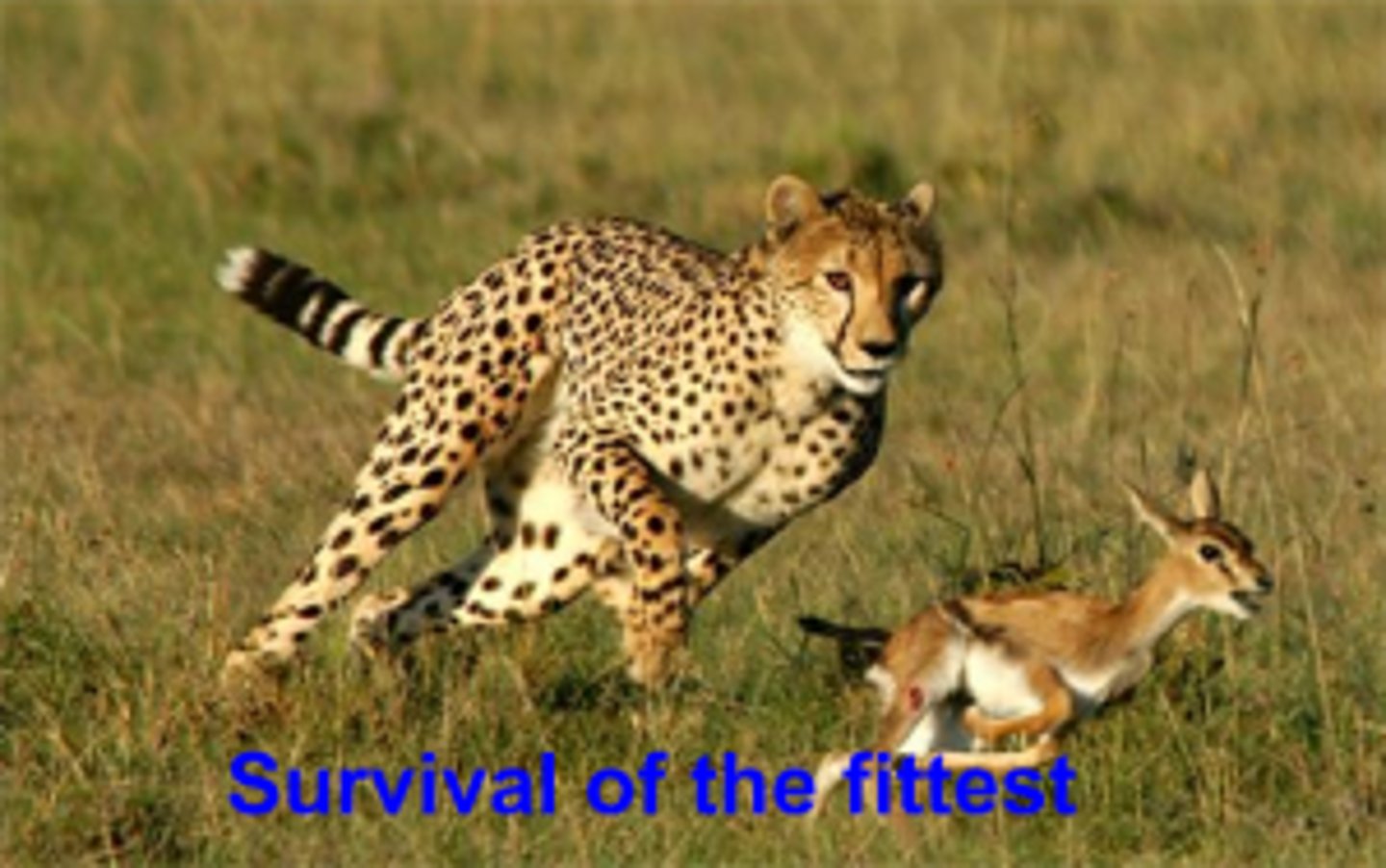
Laissez-Faire
Hands off. No government intervention in business.
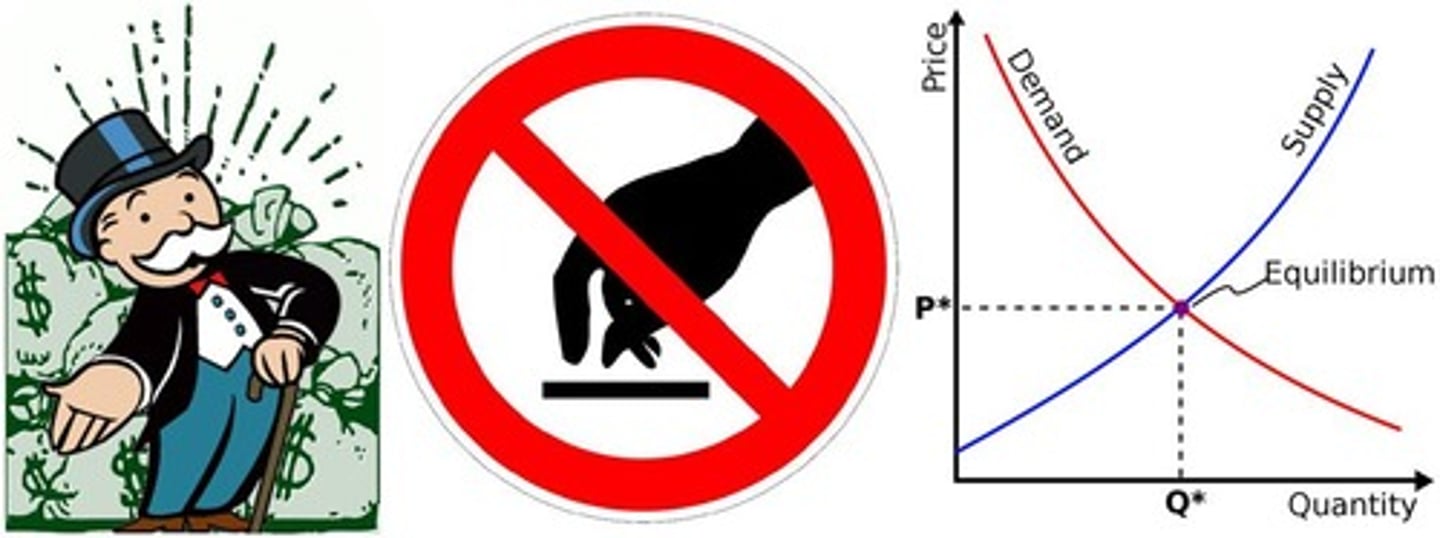
Labor Unions
An organization formed by workers to strive for better wages and working conditions
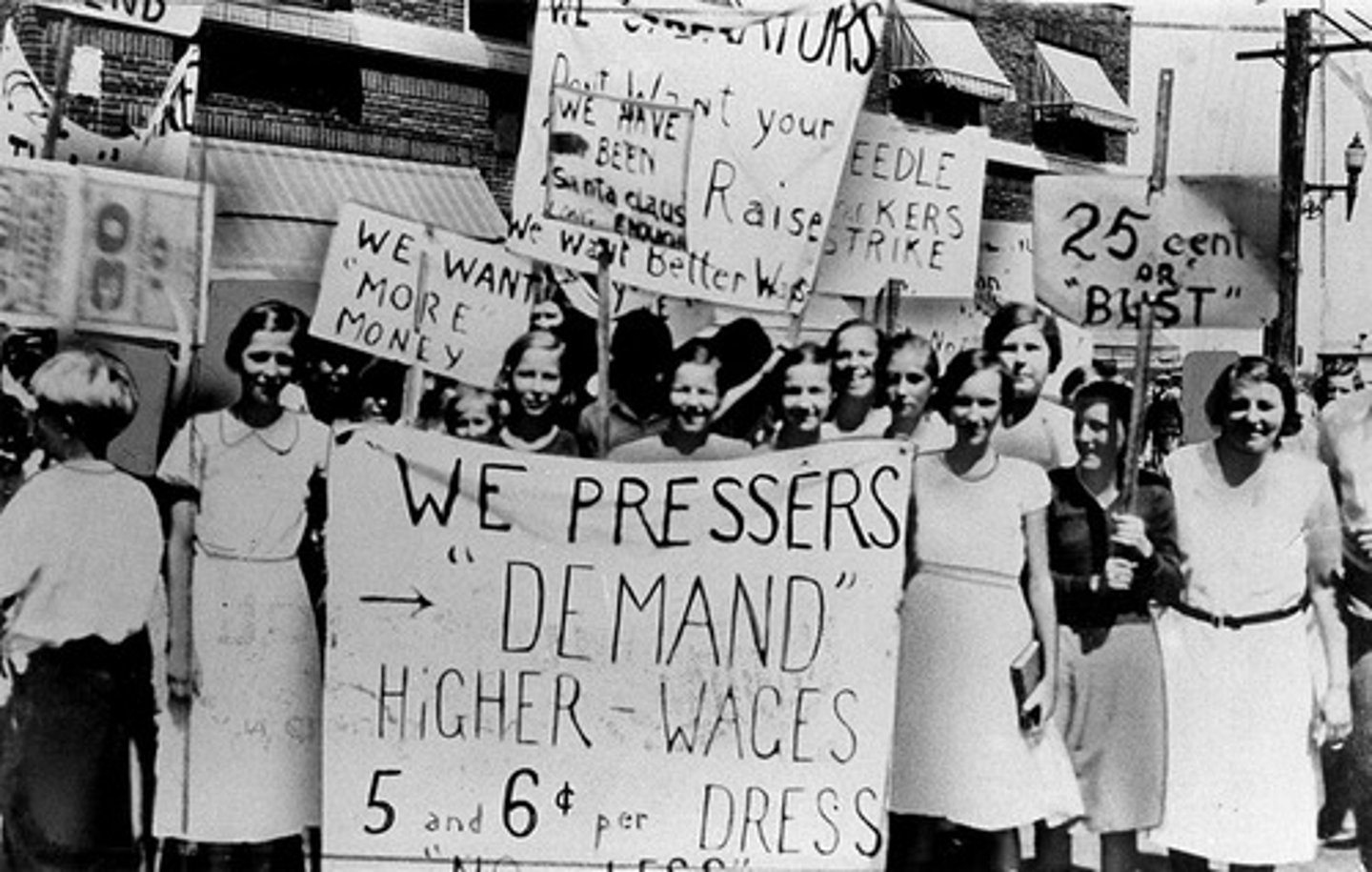
Strikes
times when workers refuse to work until owners improve conditions
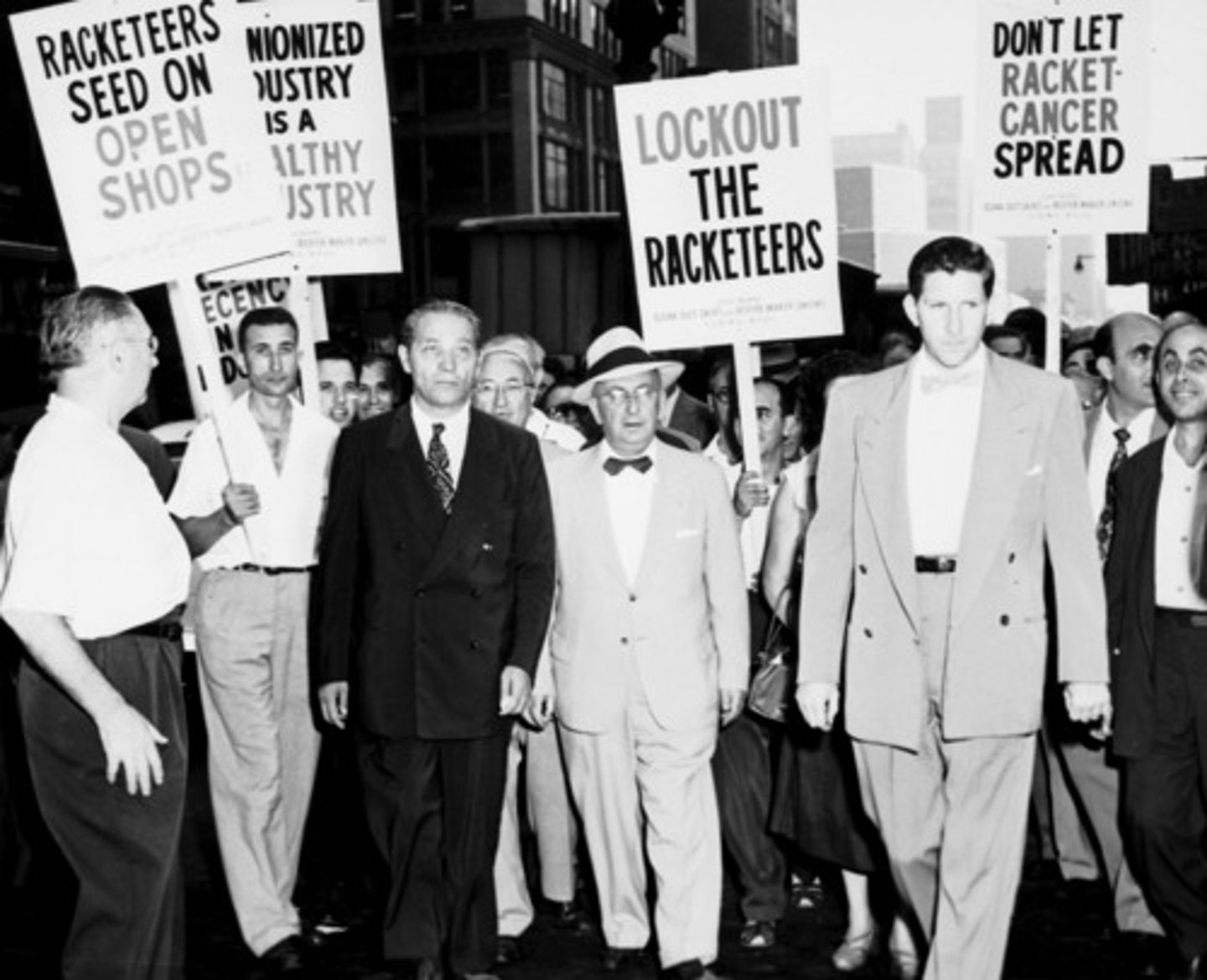
Collective bargaining
Process by which a union representing a group of workers negotiates with management for a contract
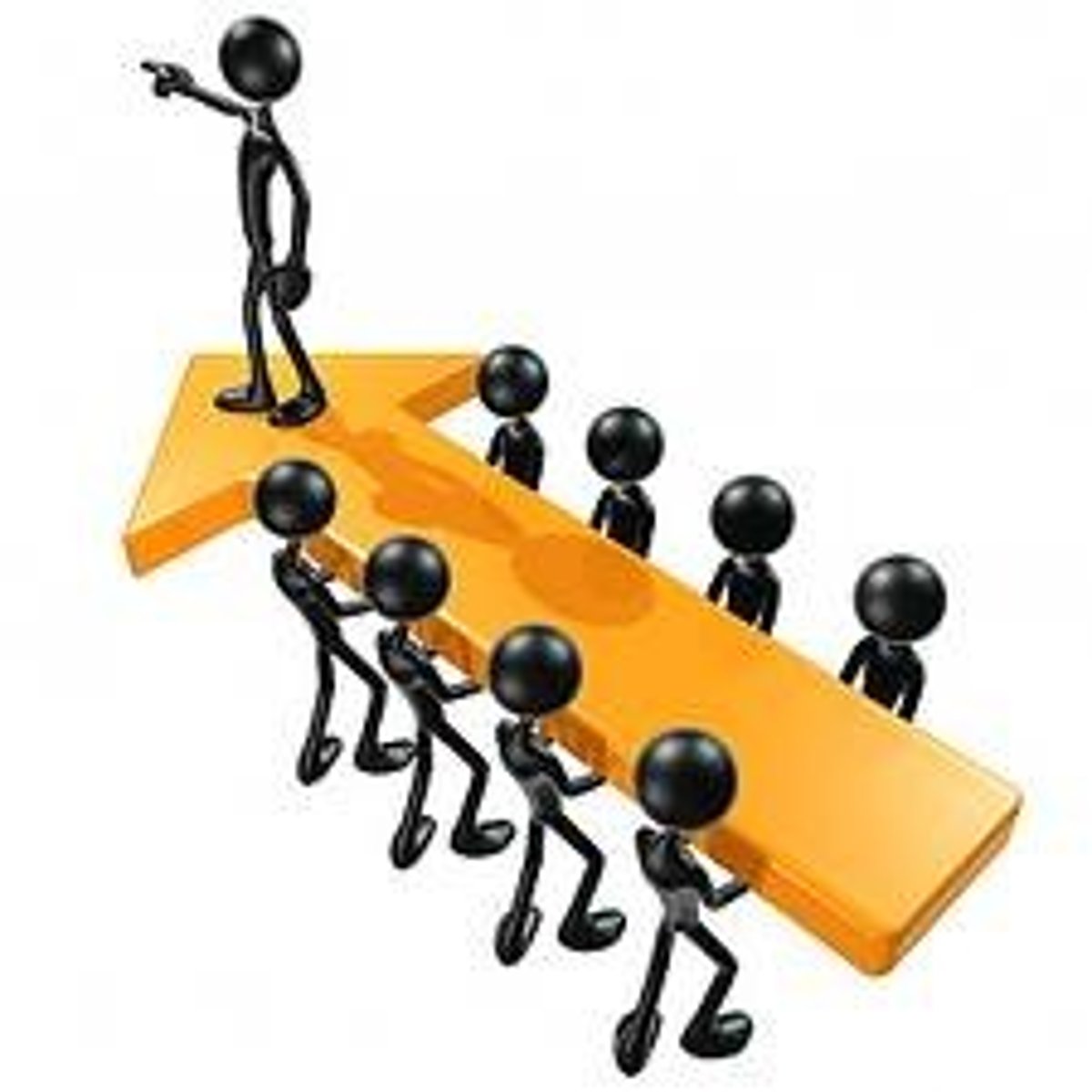
Corporations
businesses that are owned by many investors who buy shares of stock
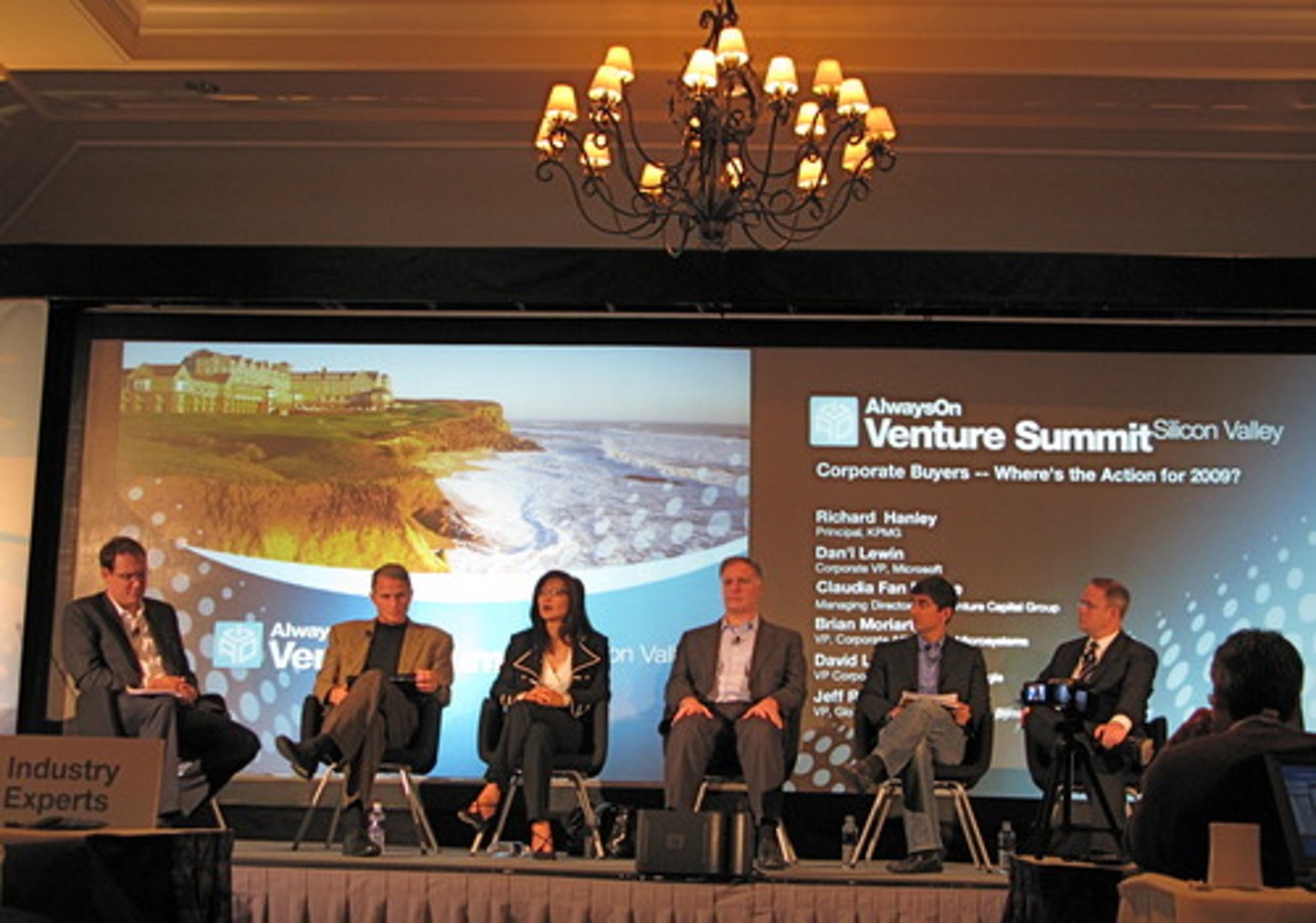
Vanderbilt
Captain of Industry in charge of railroad and steamship lines
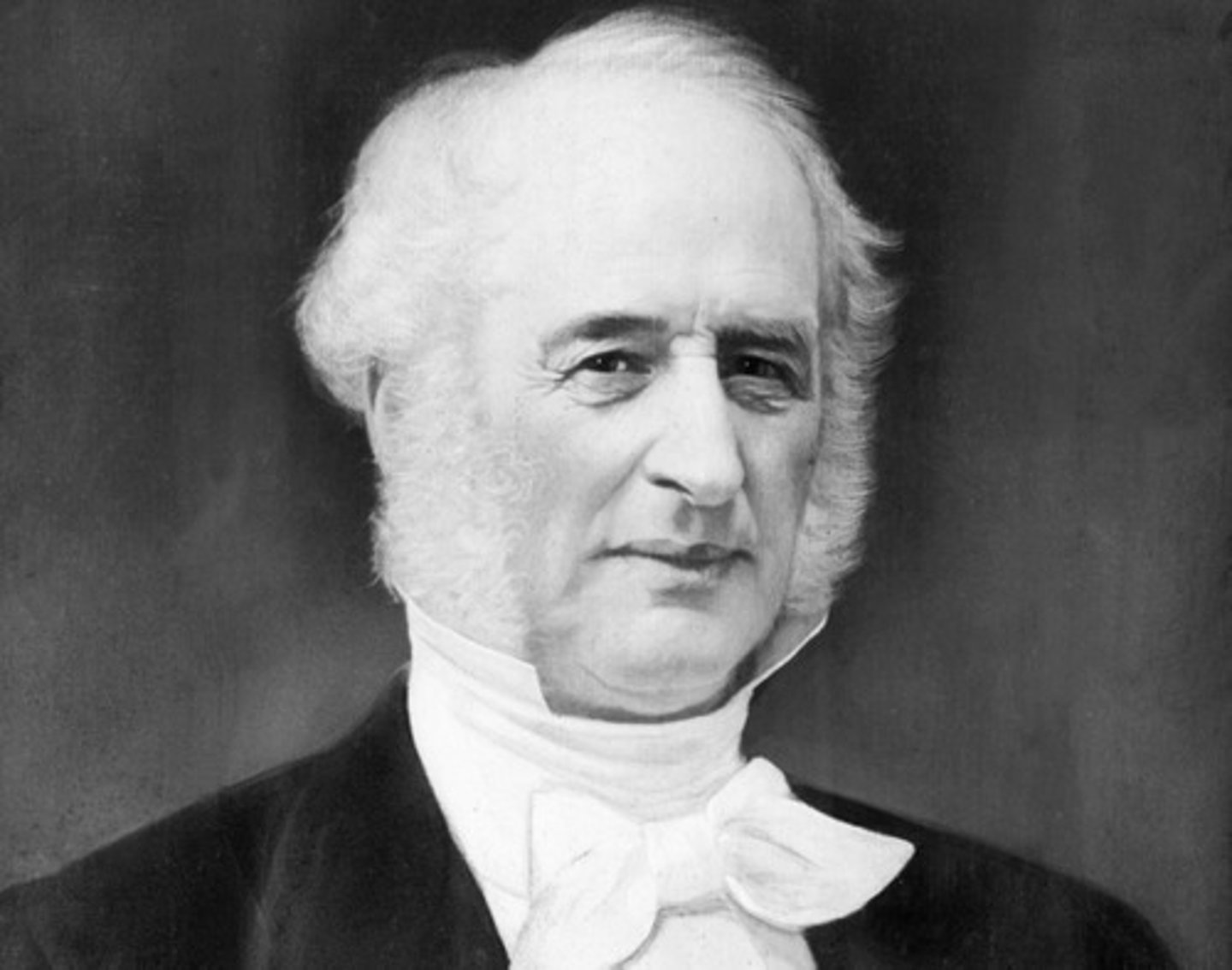
Monopolies
Corporations that gain complete control of the production of a single good or service.
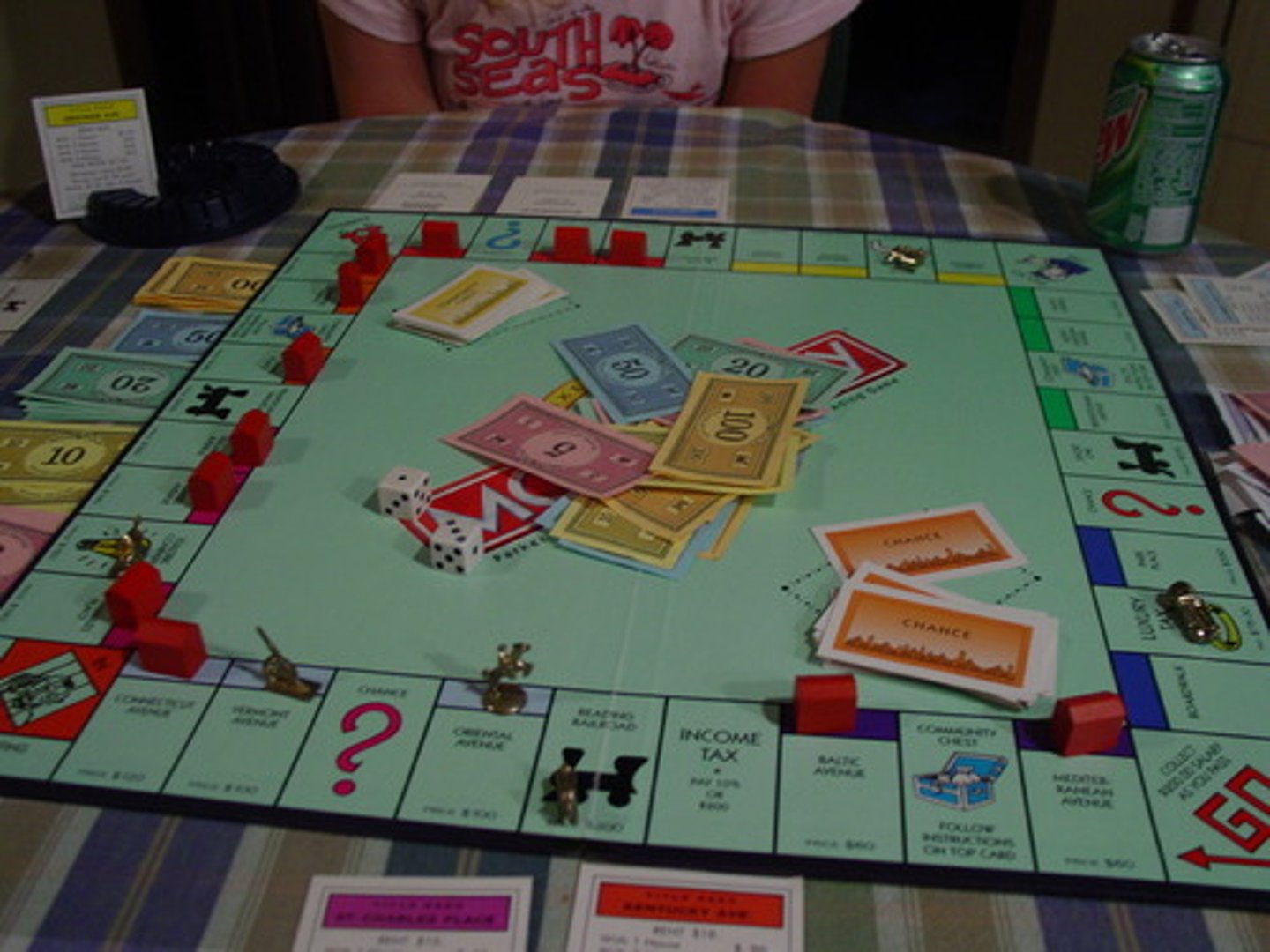
Philanthropist
Lover of humanity; person active in promoting human welfare
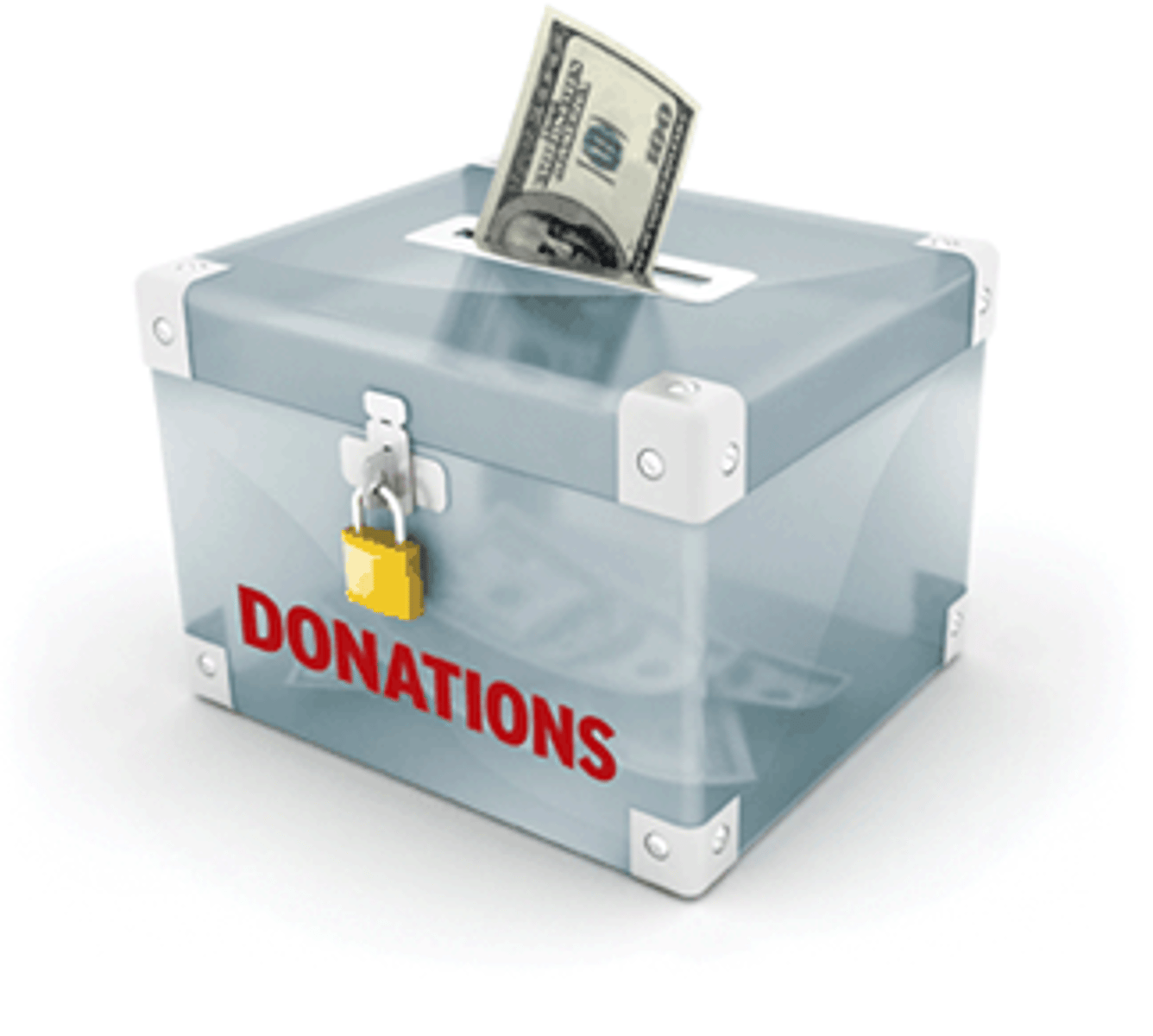
Sherman Anti-Trust Act (1890)
an 1890 law that banned the formation of trusts and monopolies in the United States
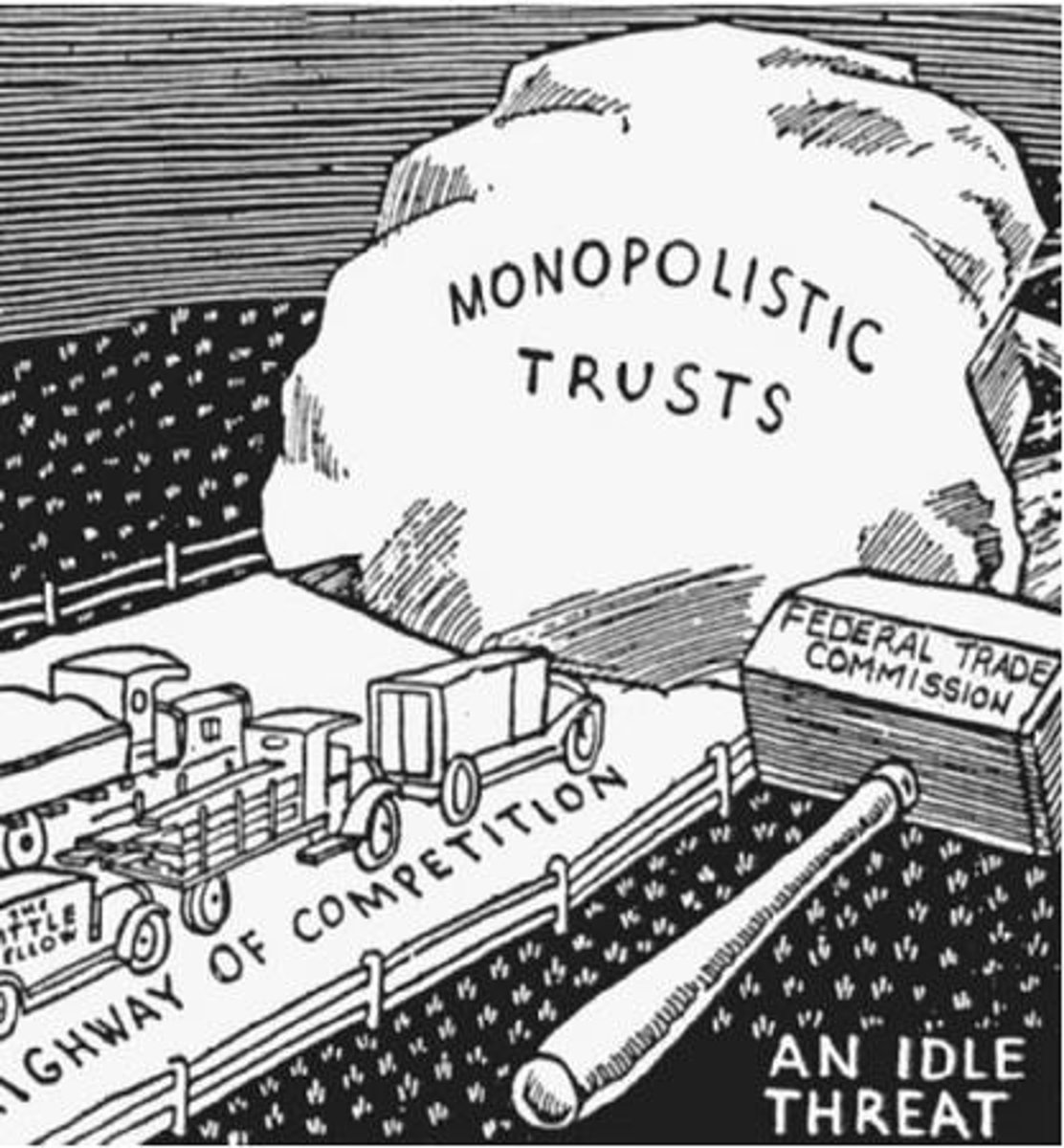
1st Wave of Immigration-Old Immigrants
the immigration of 5 million northern and western Europeans German Irish and Chines, the immigration of 5 million northern and western Europeans German Irish and Chines
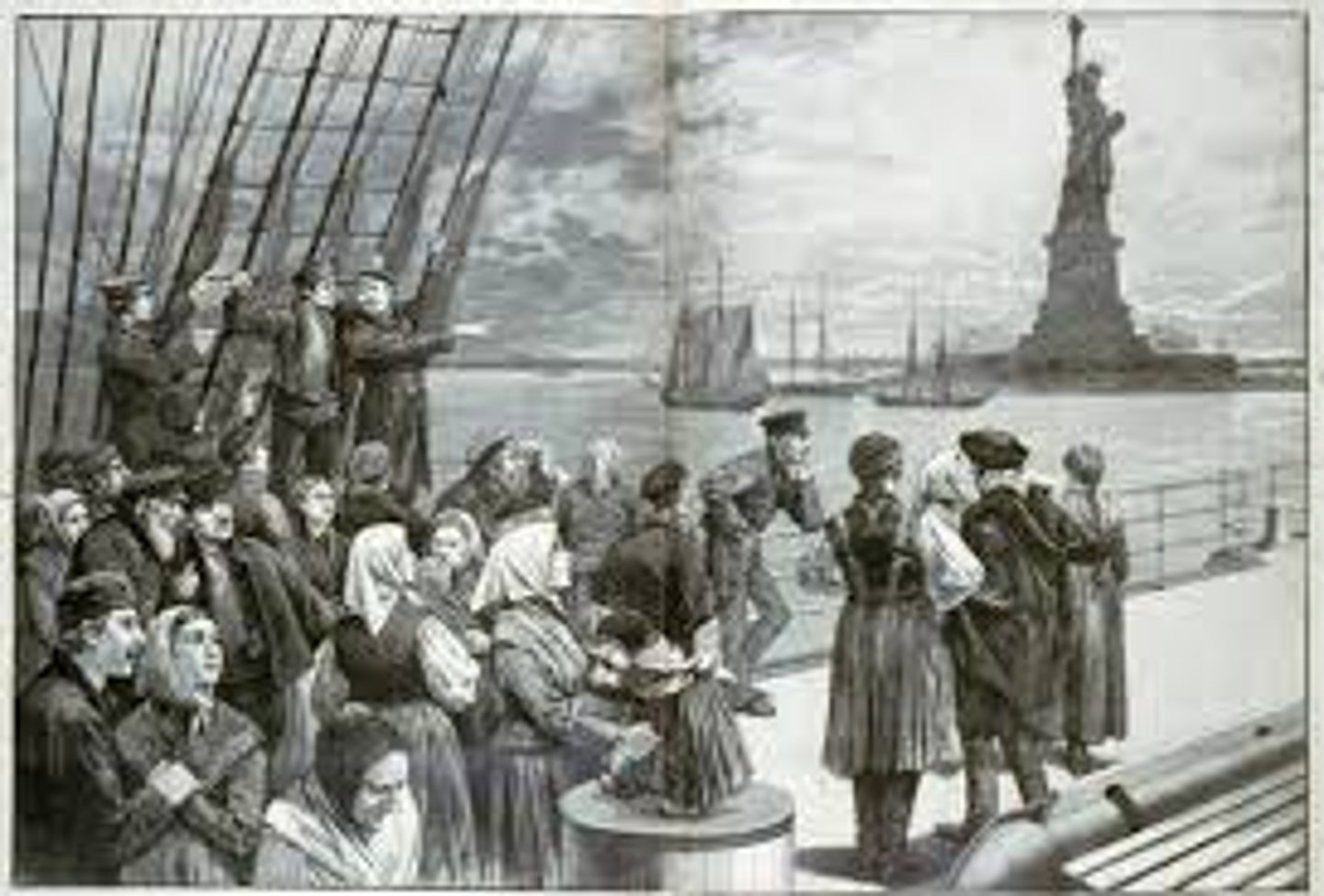
2nd Wave of Immigration-Old Immigrants
northern and western Europe (beginning around 1850)
Nativism
A policy of favoring native-born individuals over foreign-born ones
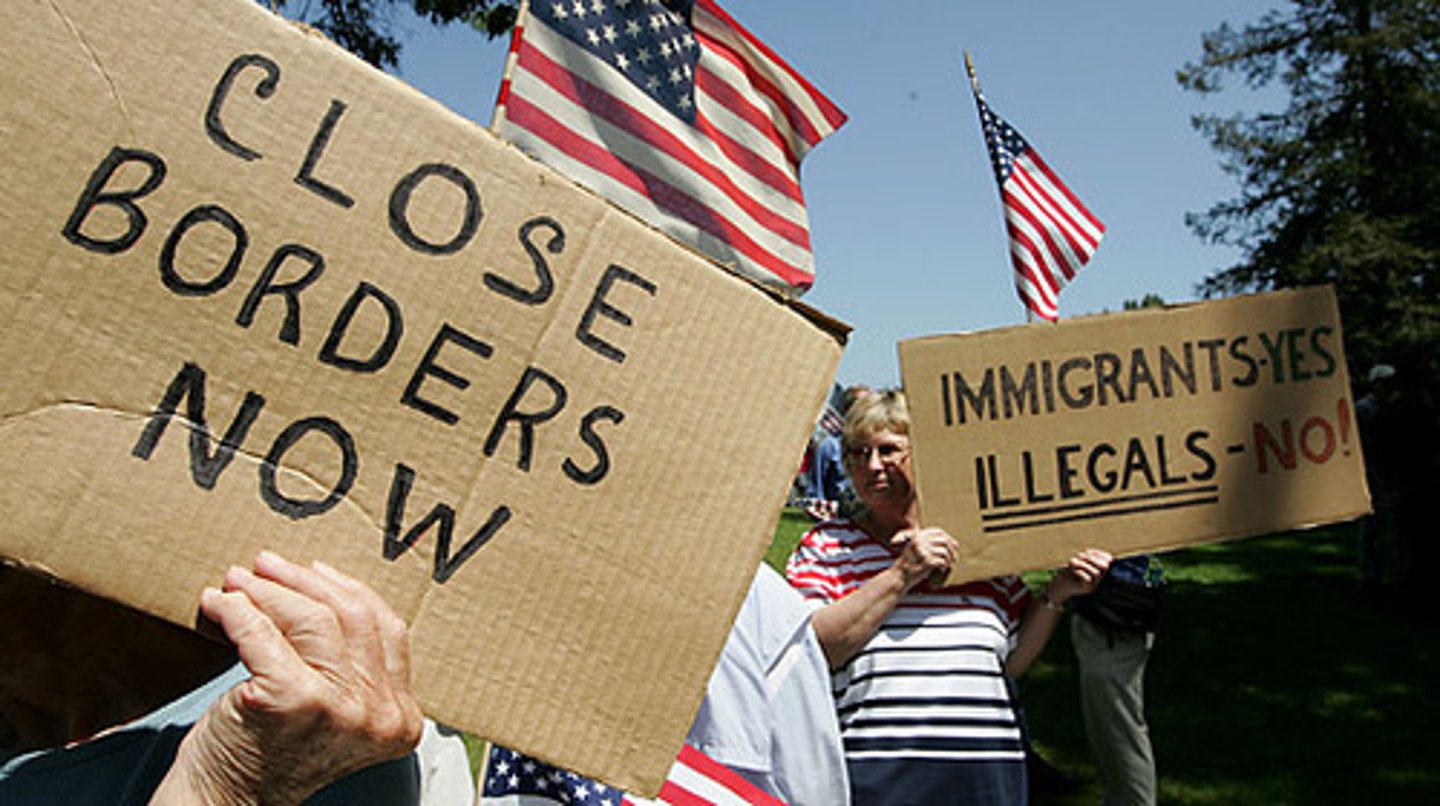
Urbanization
An increase in the percentage and in the number of people living in urban settlements.
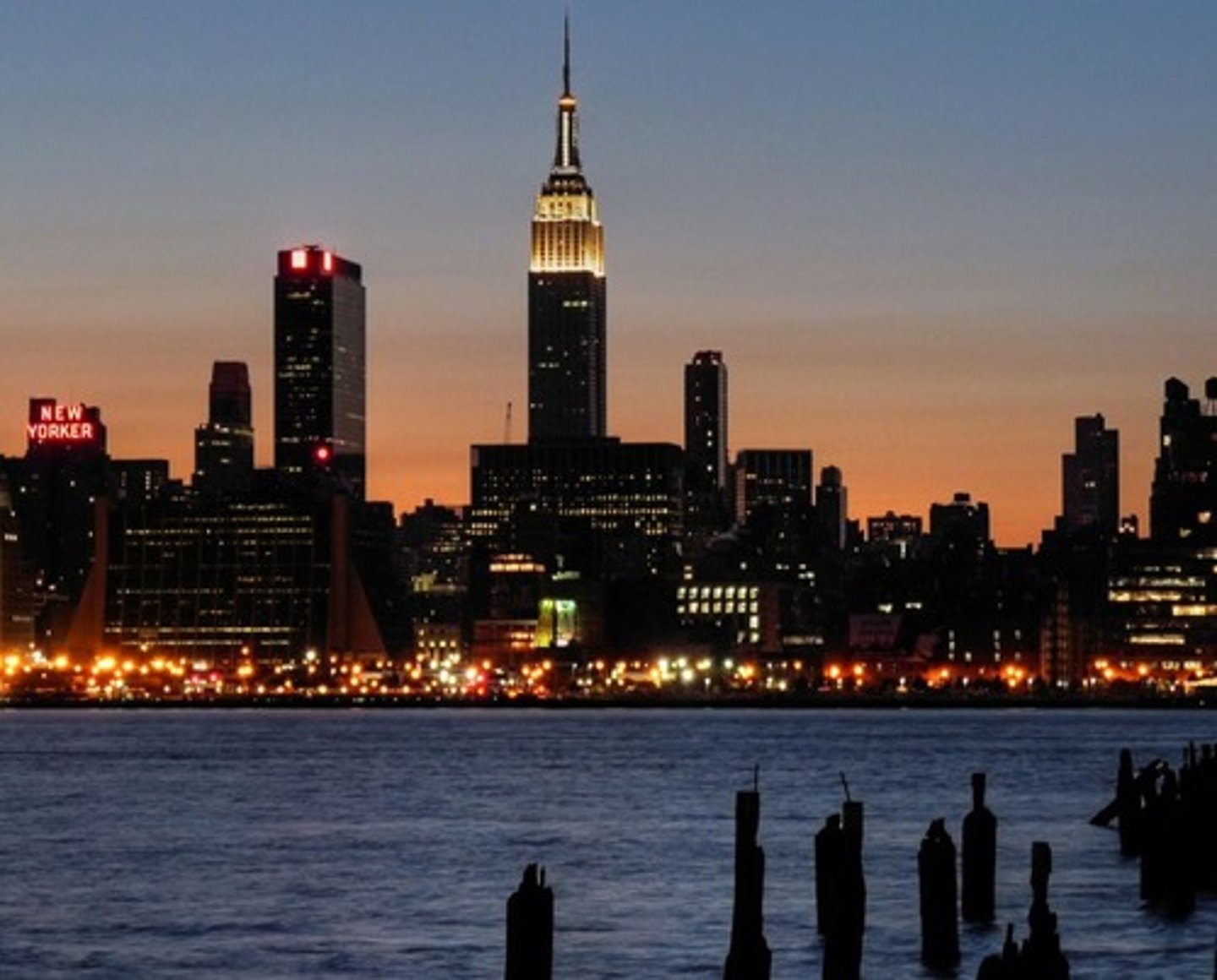
Theodore Roosevelt
26th President of the United States, 26th president, known for: conservationism, trust-busting, and safe food regulations,
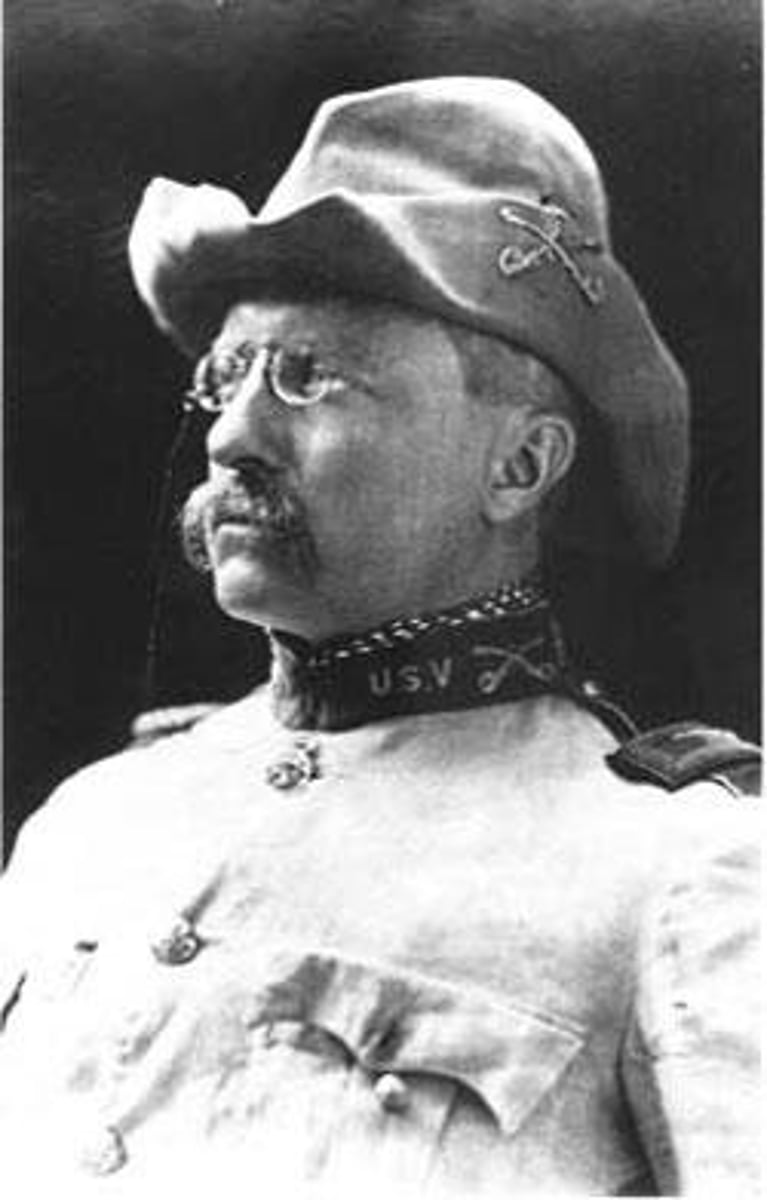
19th Amendment
Amendment to the U.S. Constitution (1920) extended the right to vote to women in federal or state elections.
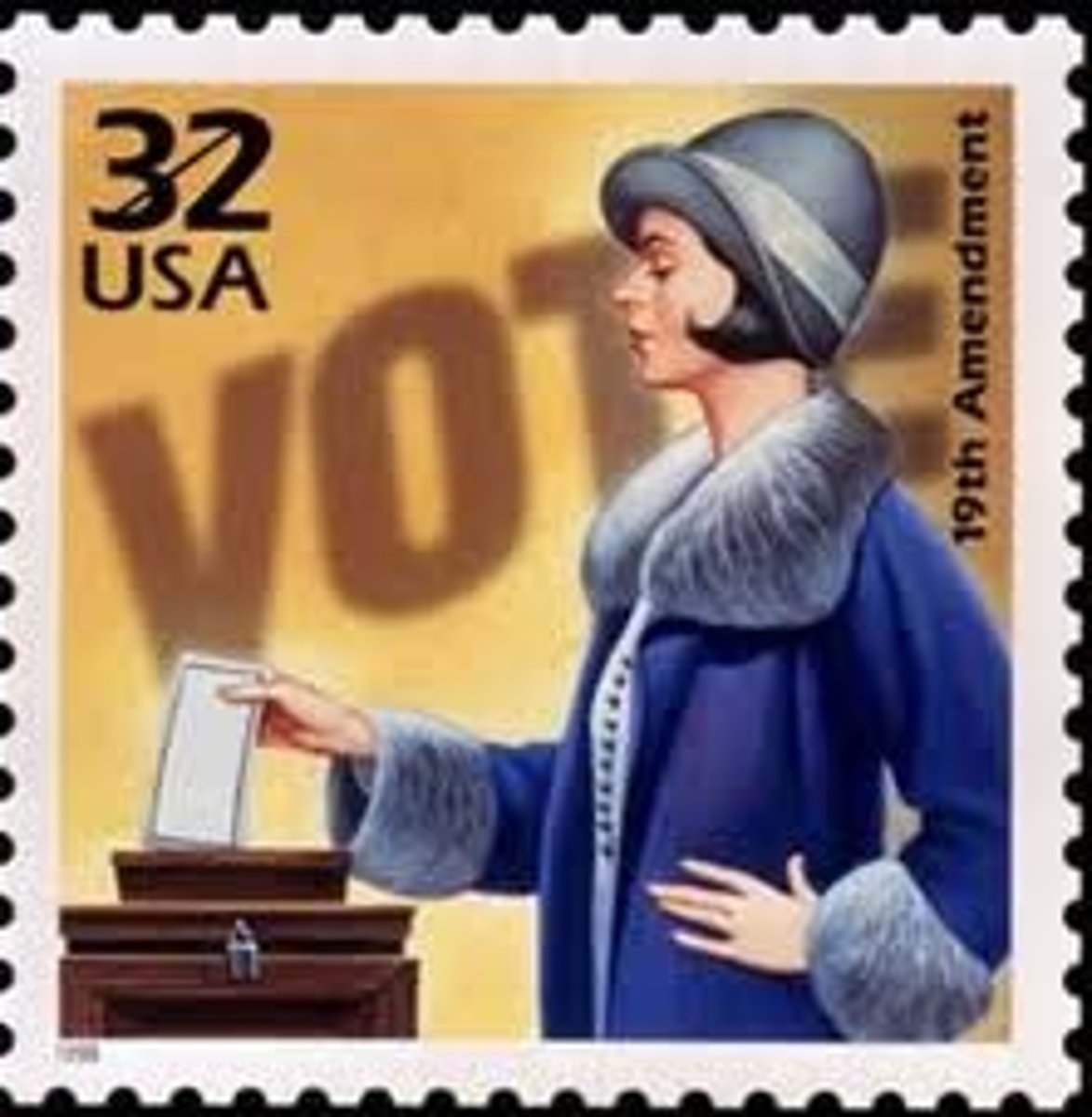
Automobile
4-wheeled motor vehicle
Assembly Line
In a factory, an arrangement where a product is moved from worker to worker, with each person performing a single task in the making of the product.
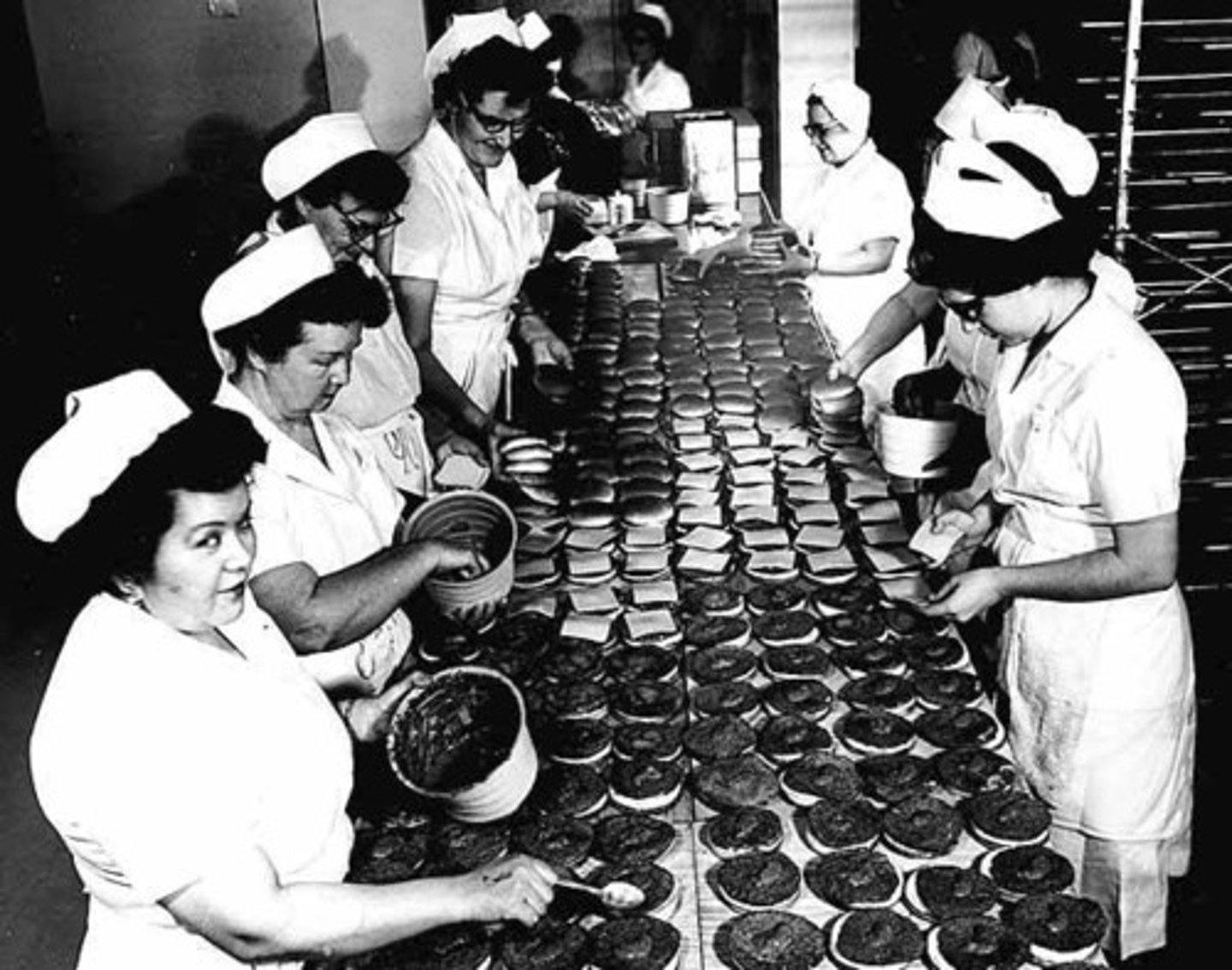
Eli Whitney
An American inventor who developed the cotton gin. Also contributed to the concept of interchangeable parts that were exactly alike and easily assembled or exchanged
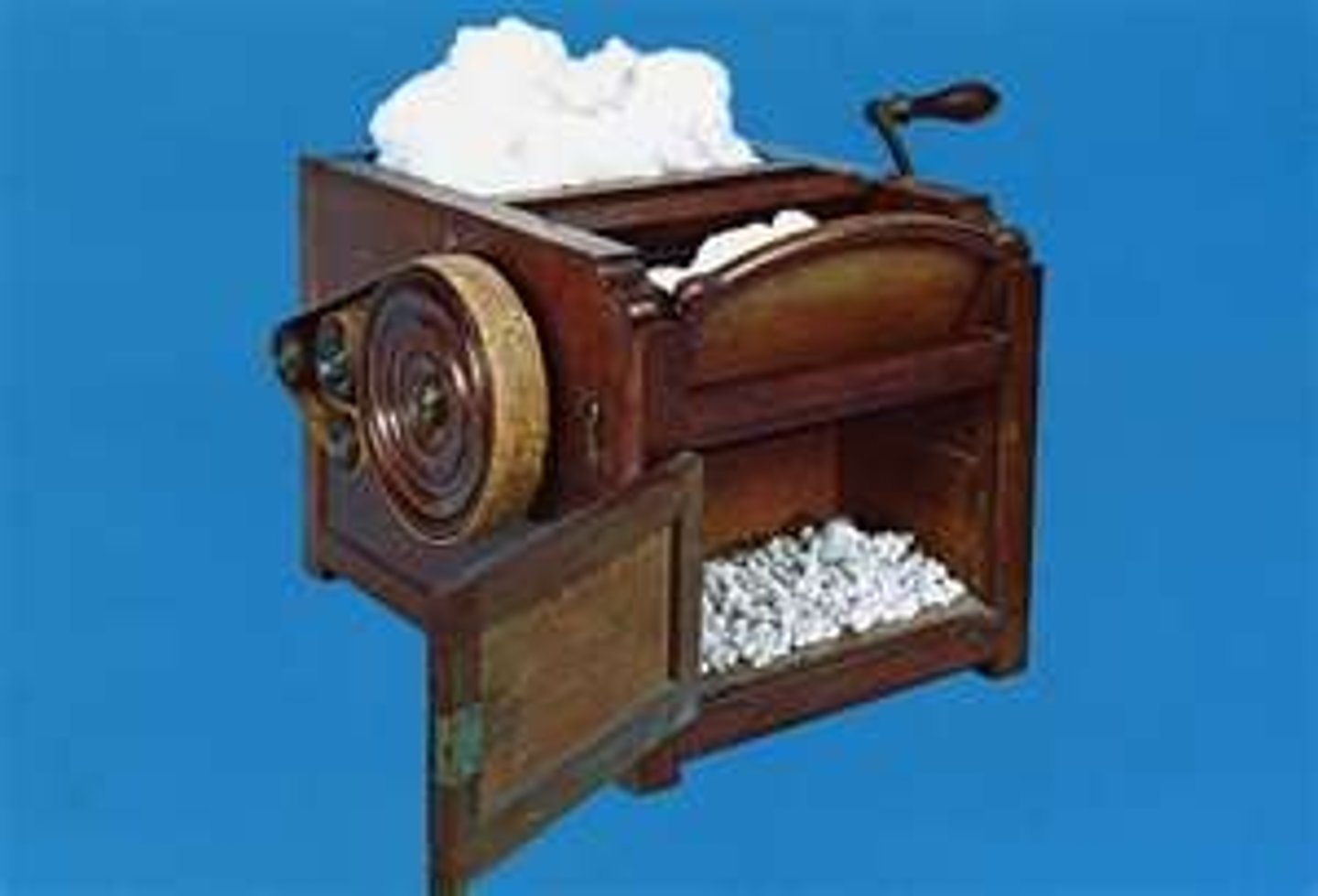
Cotton Gin
A machine for cleaning the seeds from cotton fibers, invented by Eli Whitney in 1793
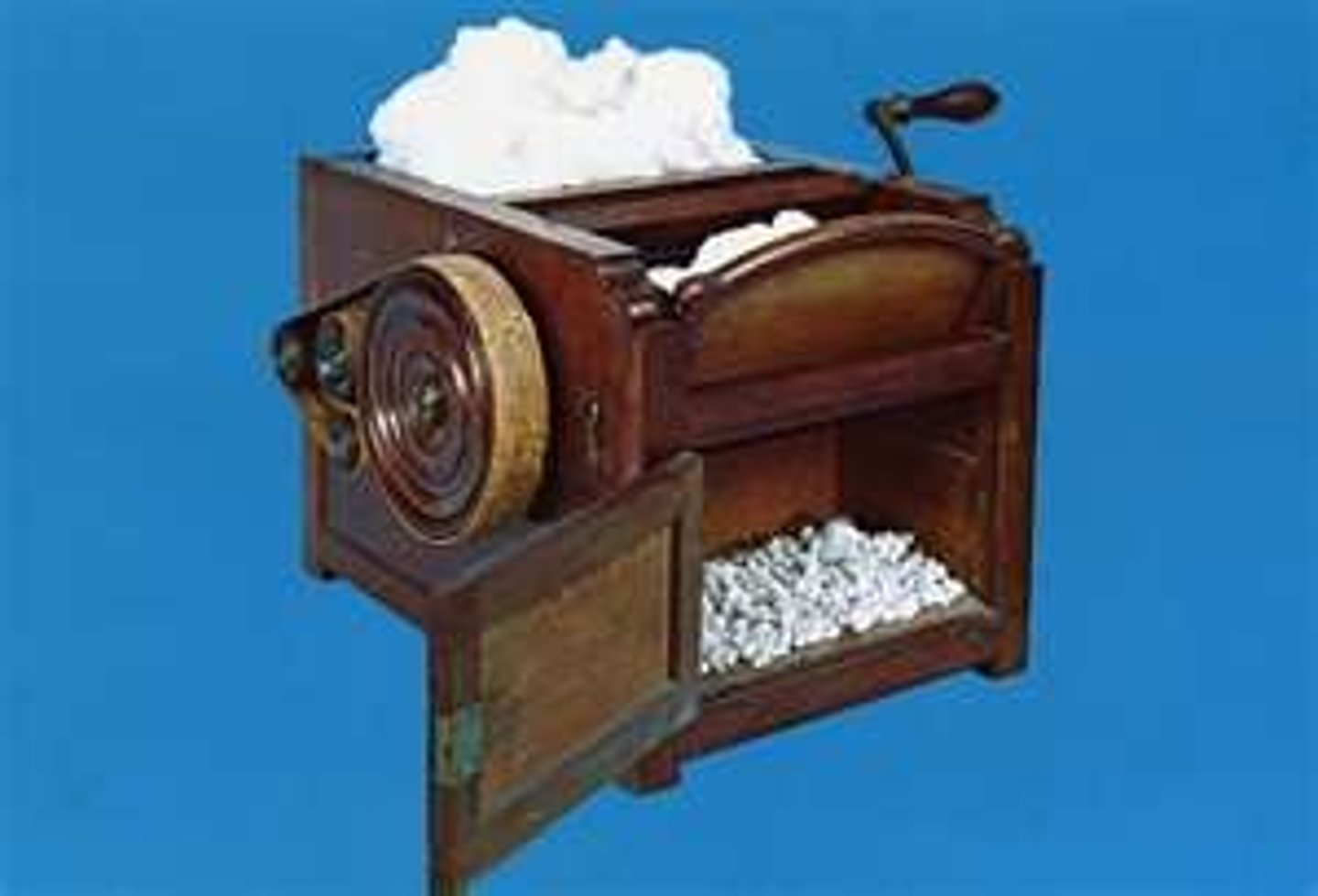
Henry Ford
1863-1947. American businessman, founder of Ford Motor Company, father of modern assembly lines, and inventor credited with 161 patents.
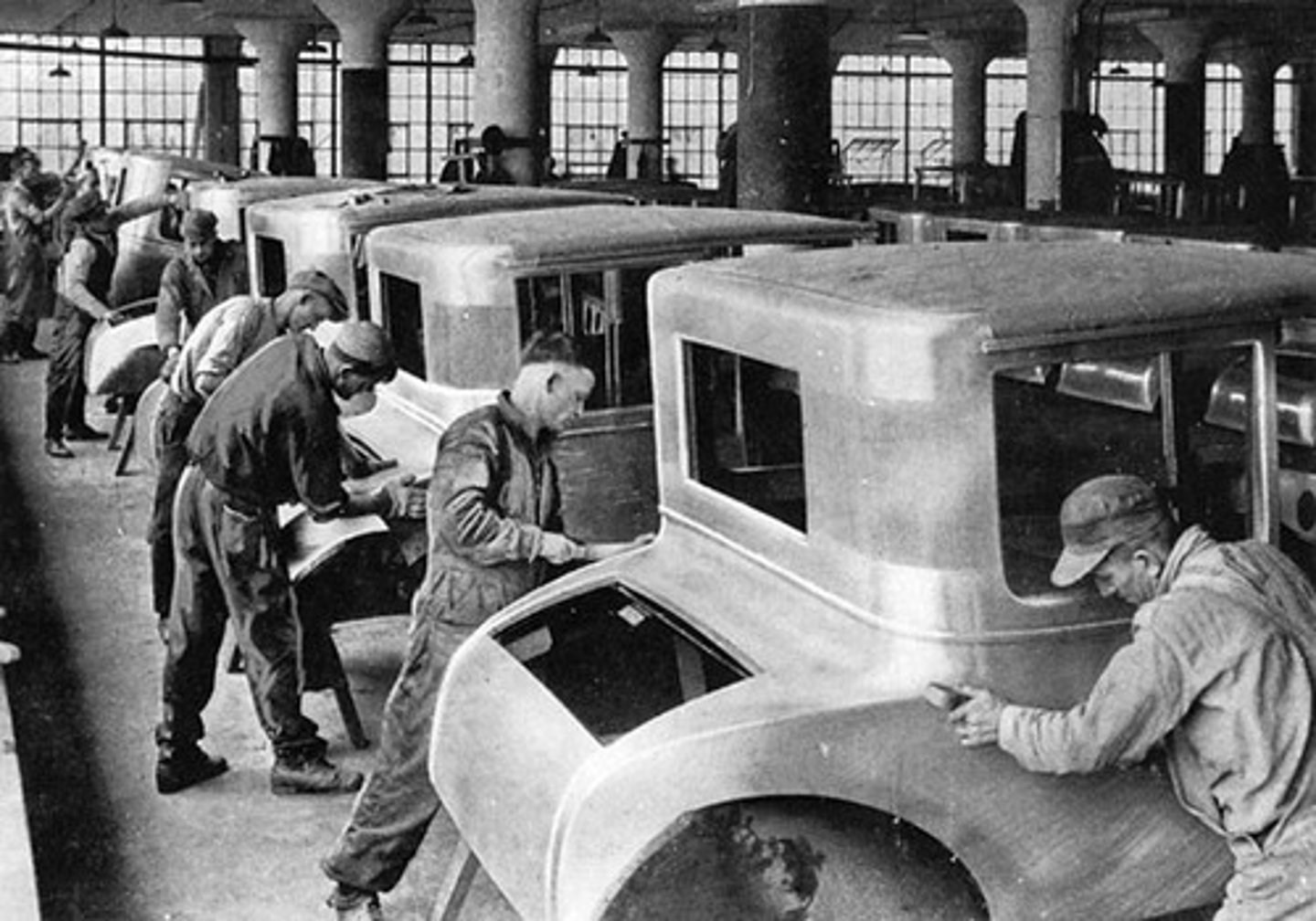
Susan B. Anthony
(1820-1906) An early leader of the women's suffrage (right to vote) movement, co-founded the National Women's Suffrage Association with Elizabeth Cady Stanton in 1869.
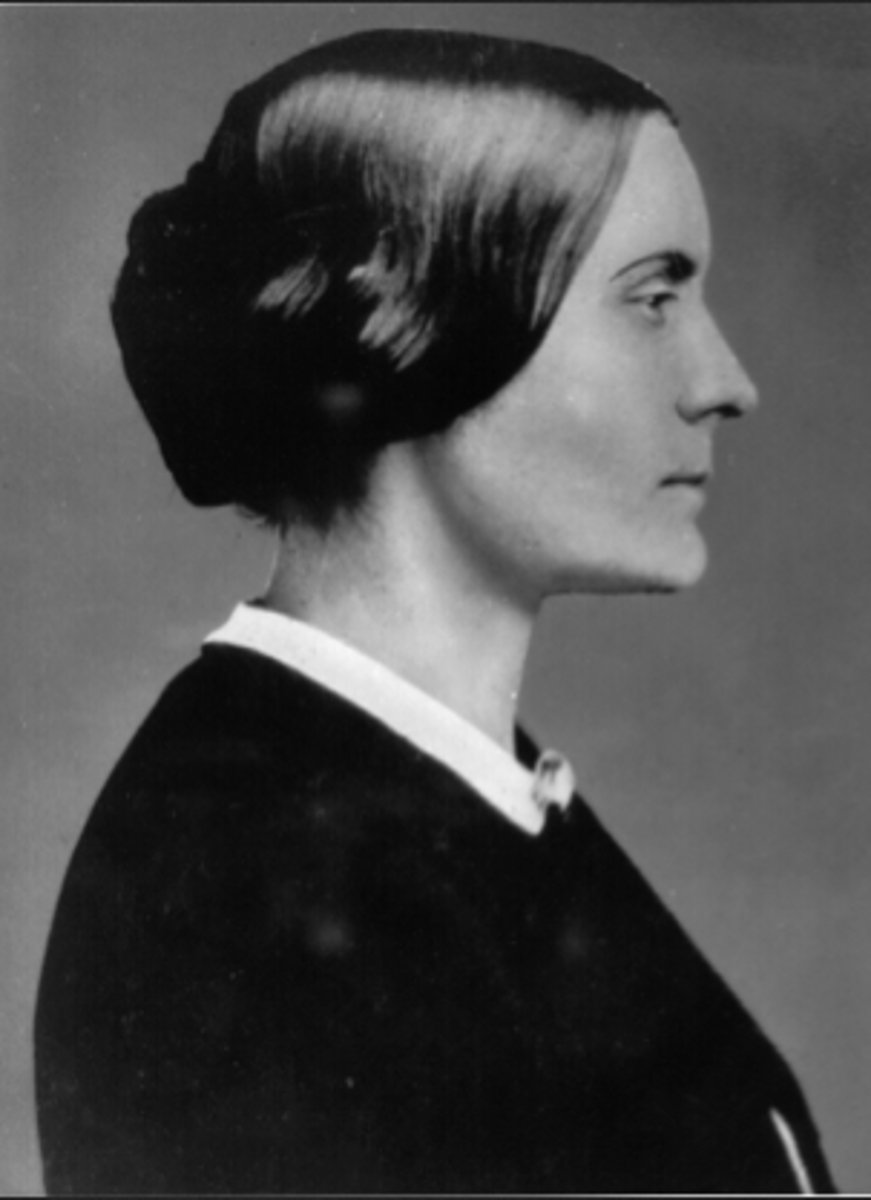
The Jungle
This 1906 work by Upton Sinclair pointed out the abuses of the meat packing industry. The book led to the passage of the 1906 Meat Inspection Act.
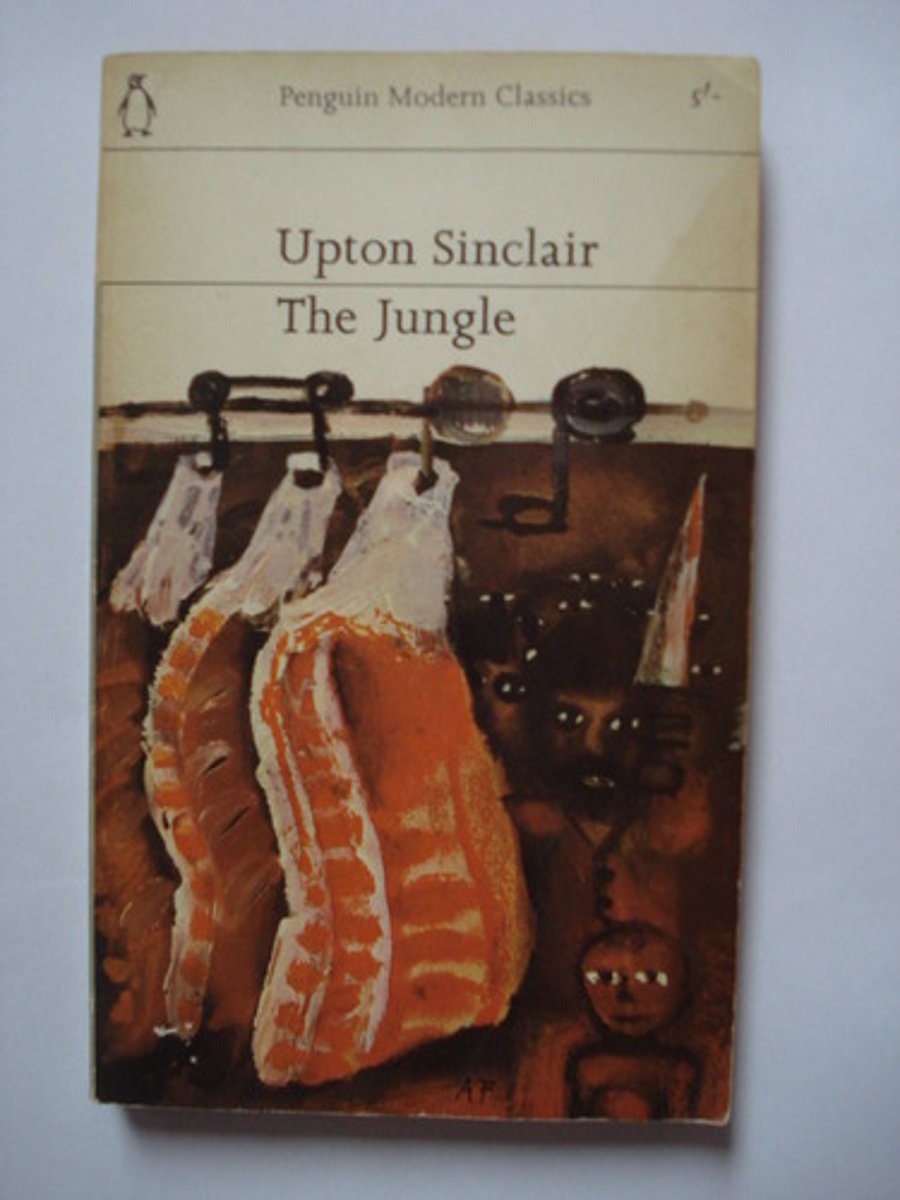
Upton Sinclair
muckraker who shocked the nation when he published The Jungle, a novel that revealed gruesome details about the meat packing industry in Chicago. The book was fiction but based on the things Sinclair had seen.
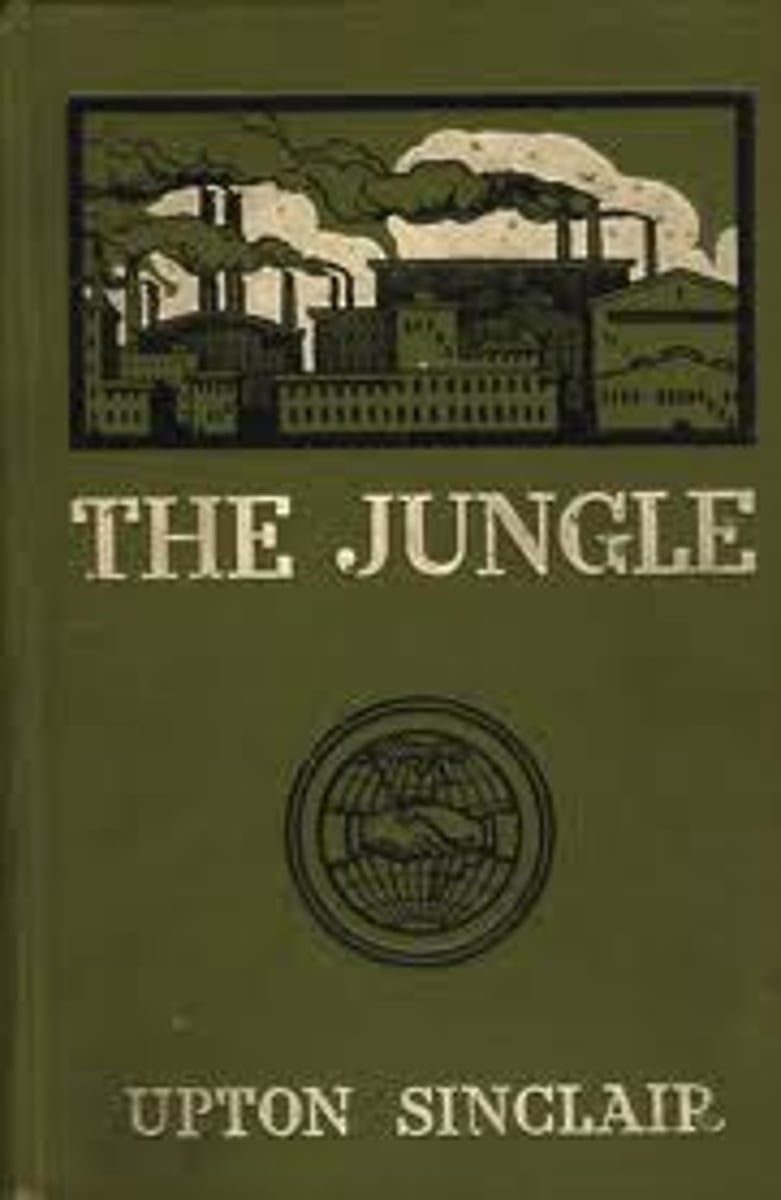
Muckraker
1906 - Journalists who searched for corruption in politics and big business
